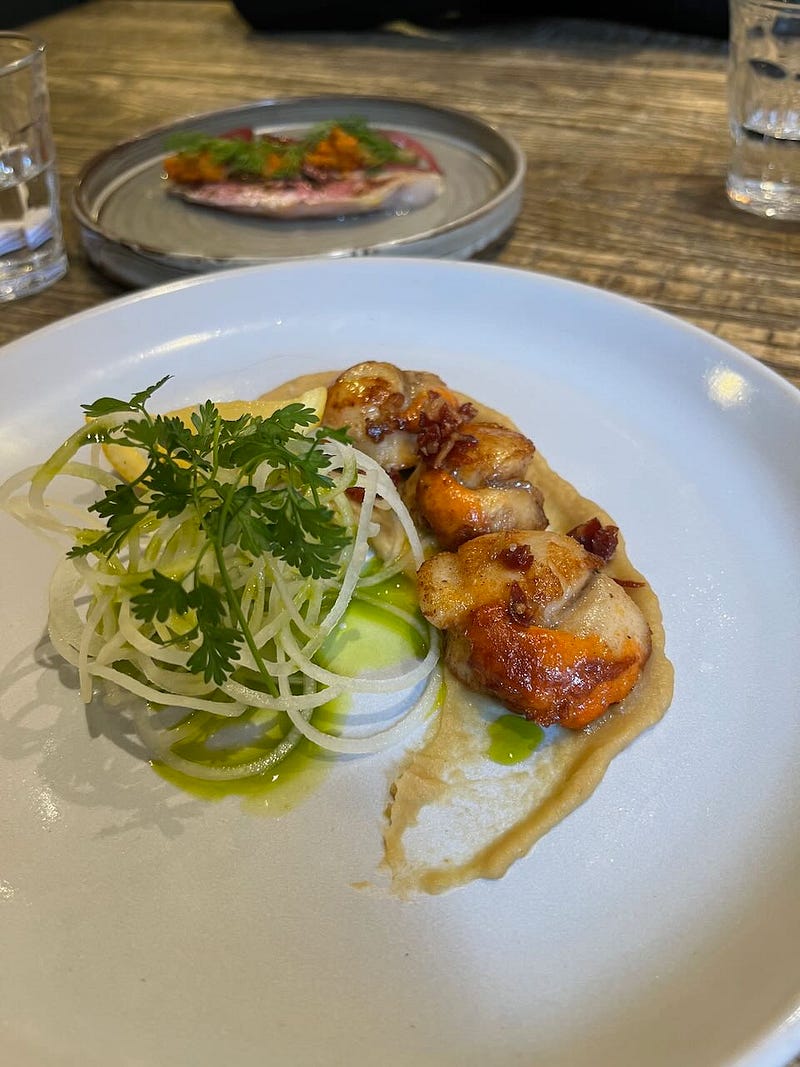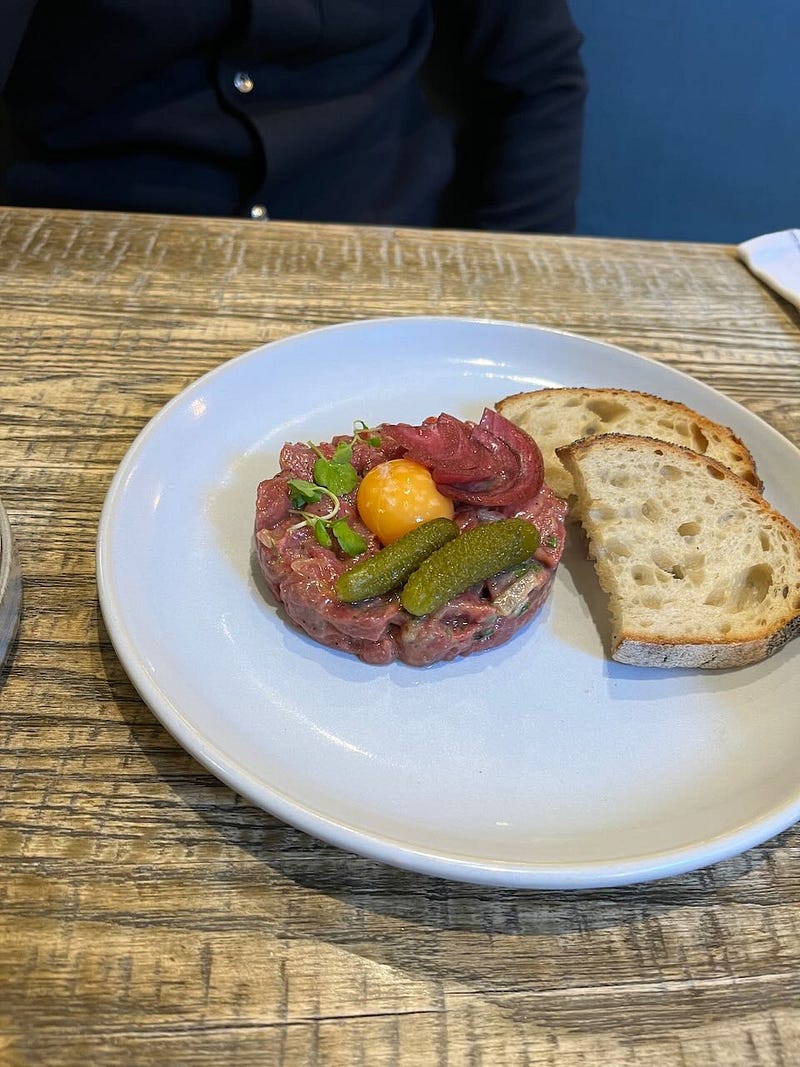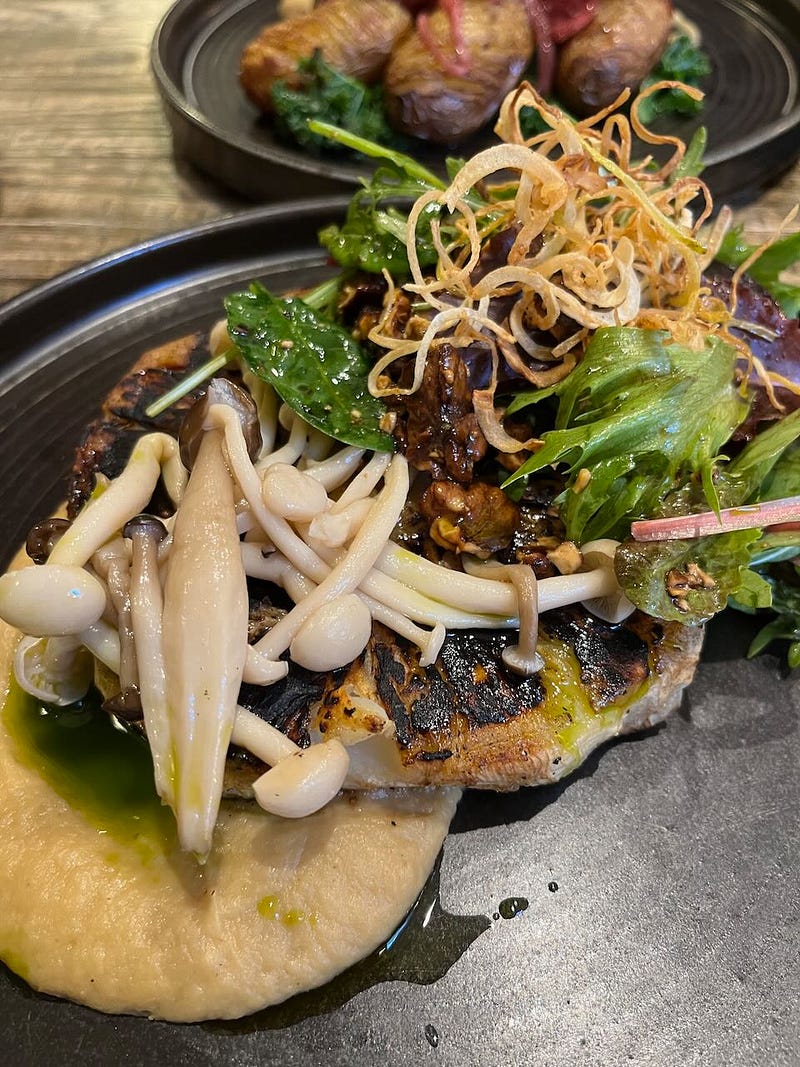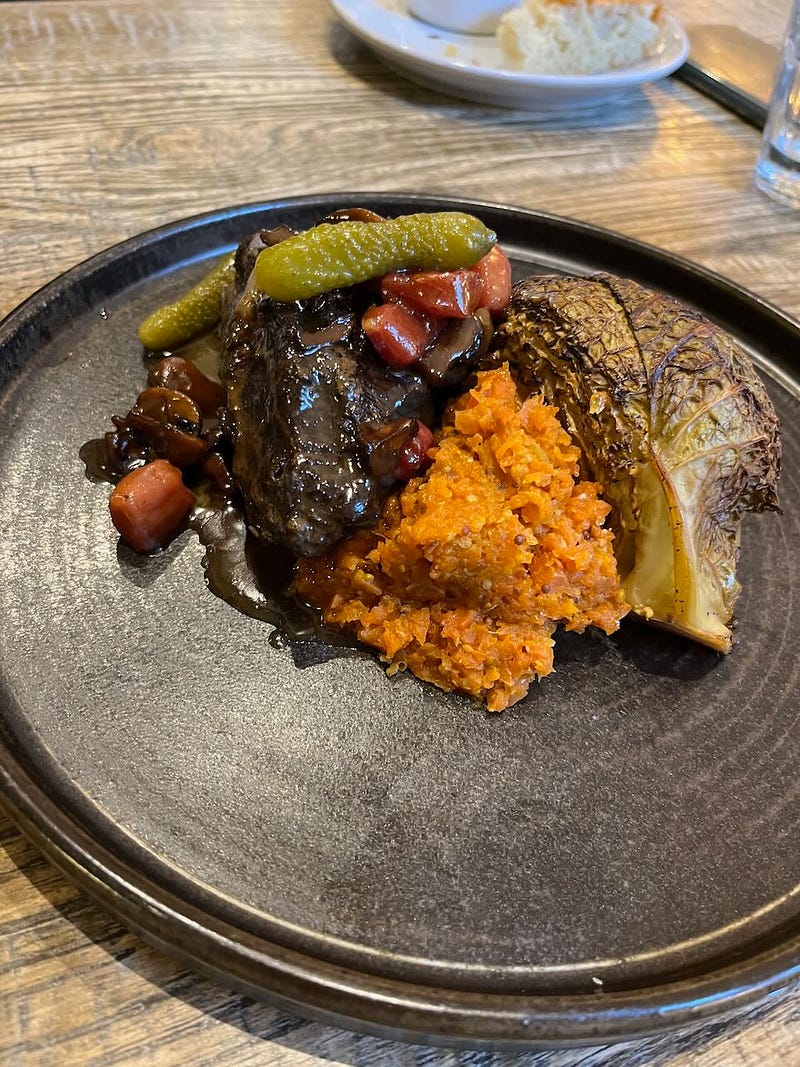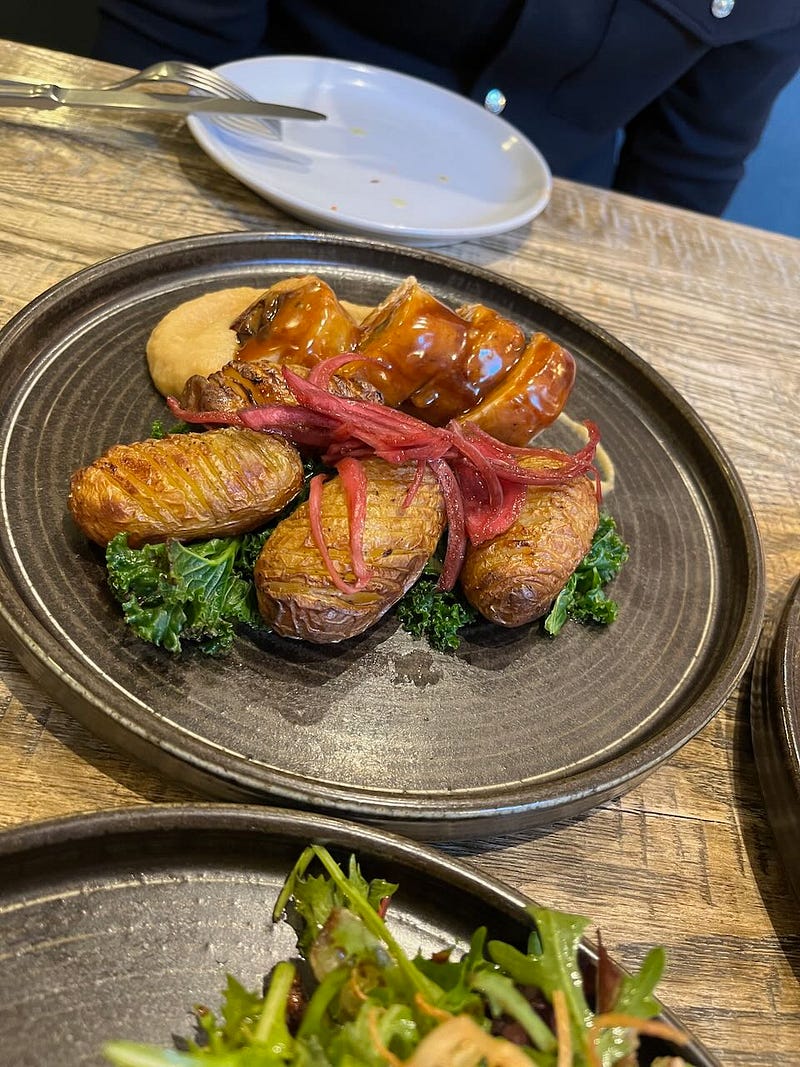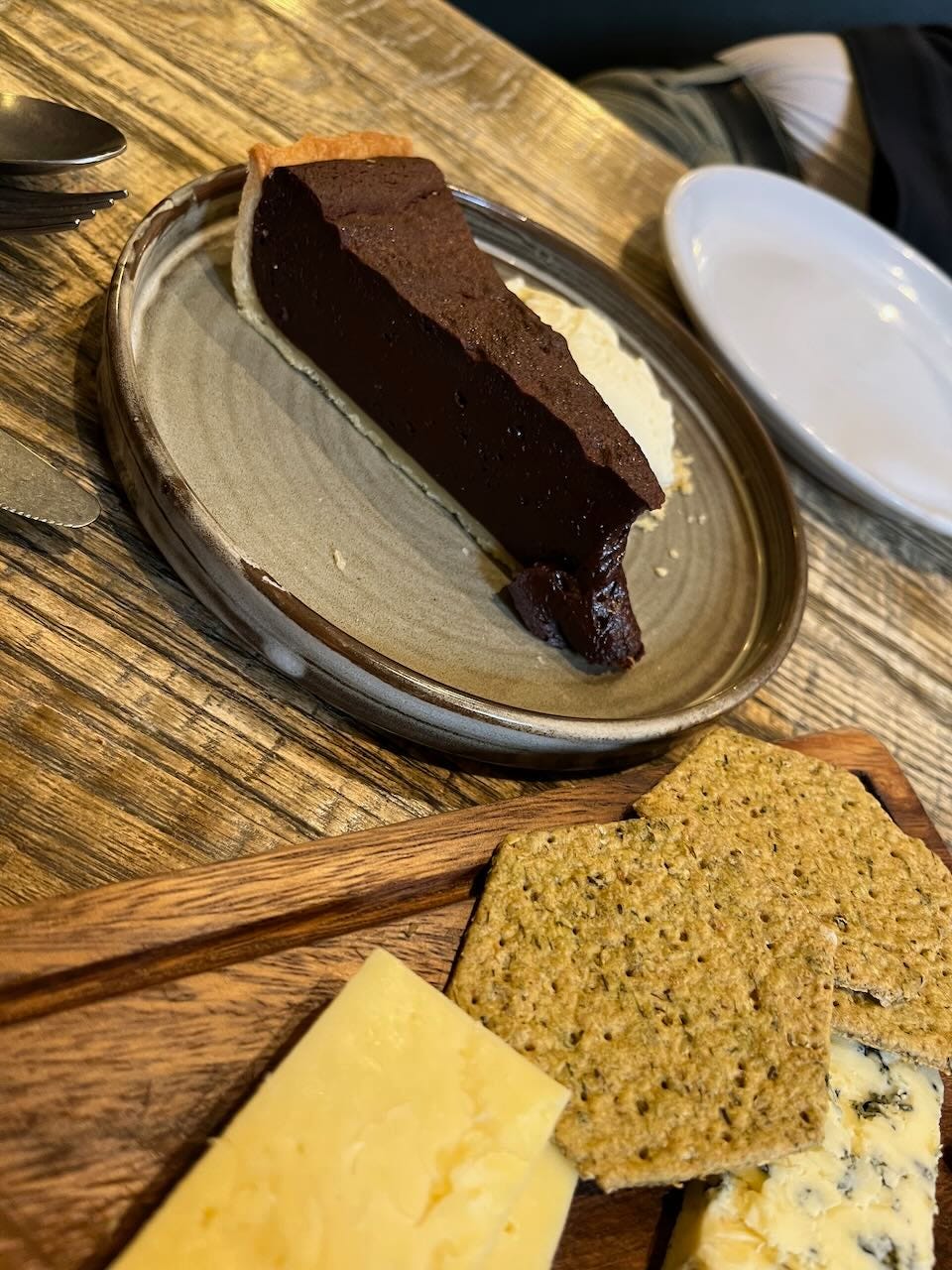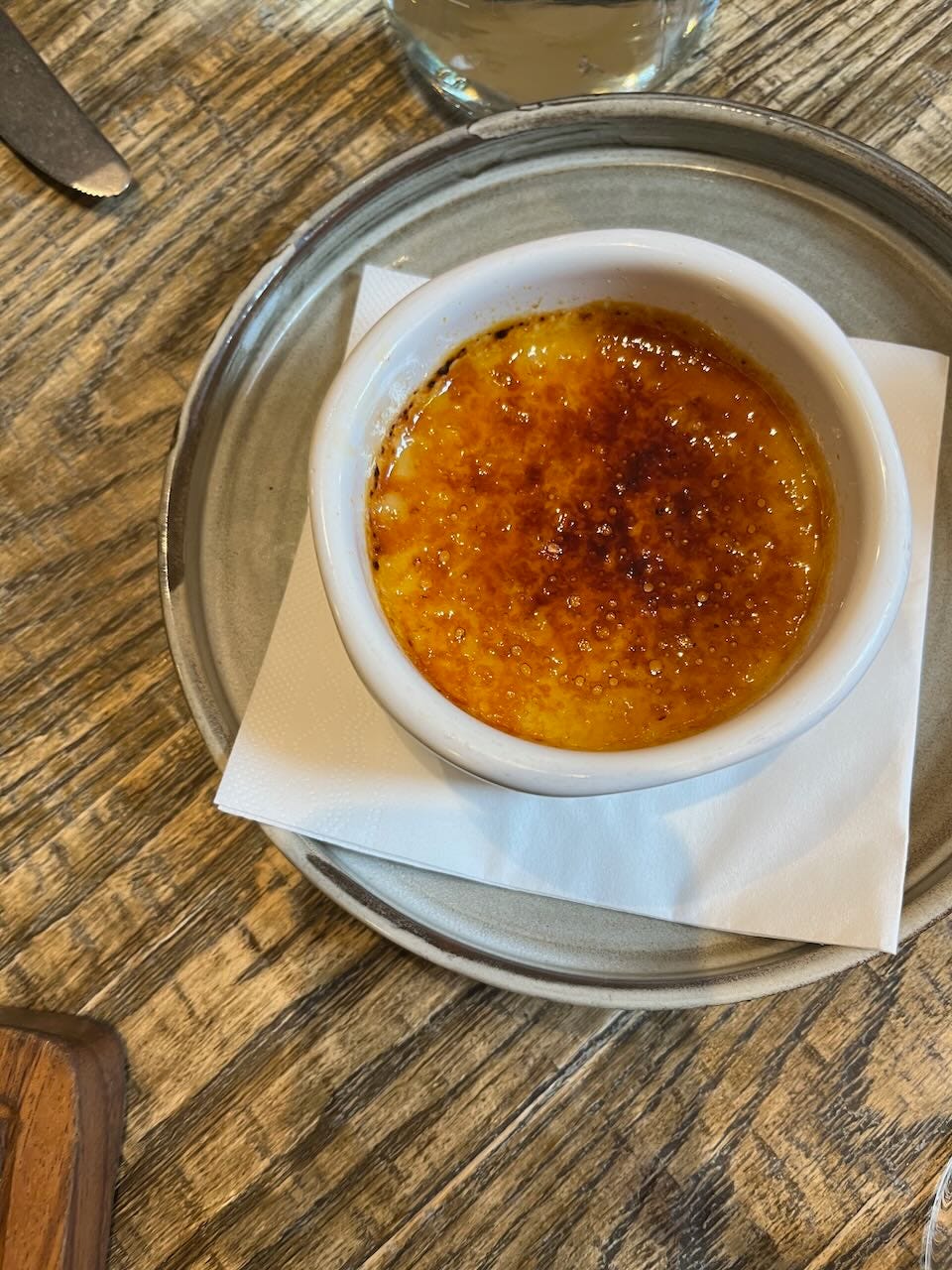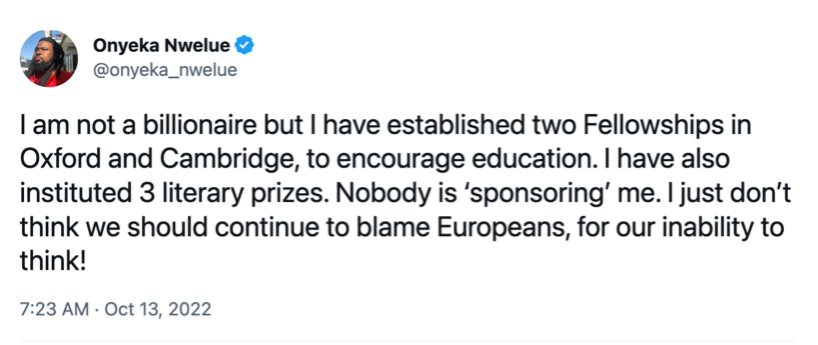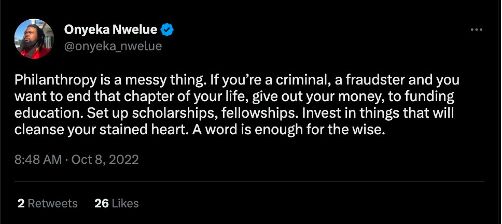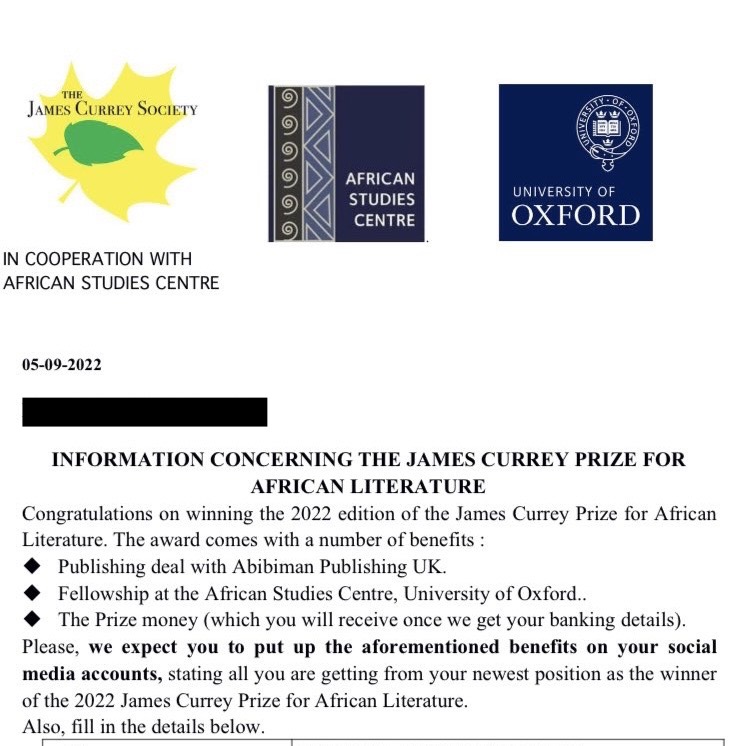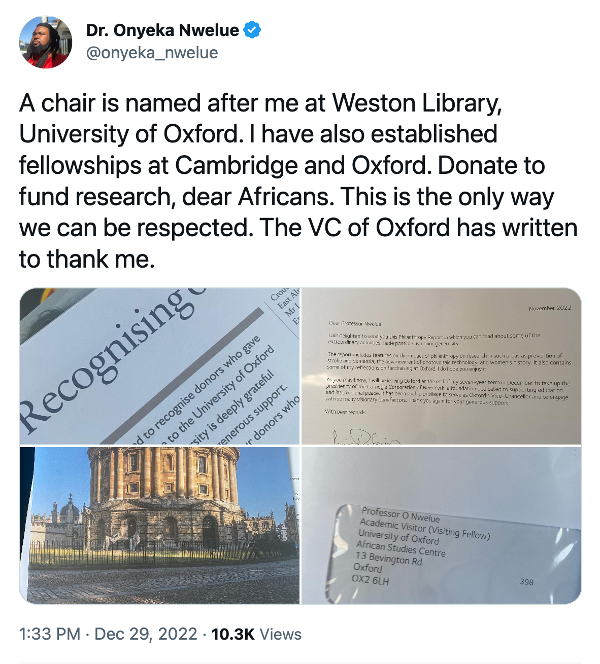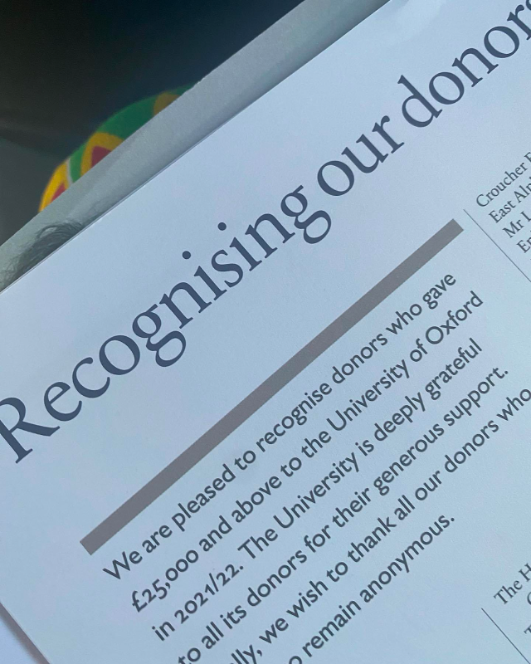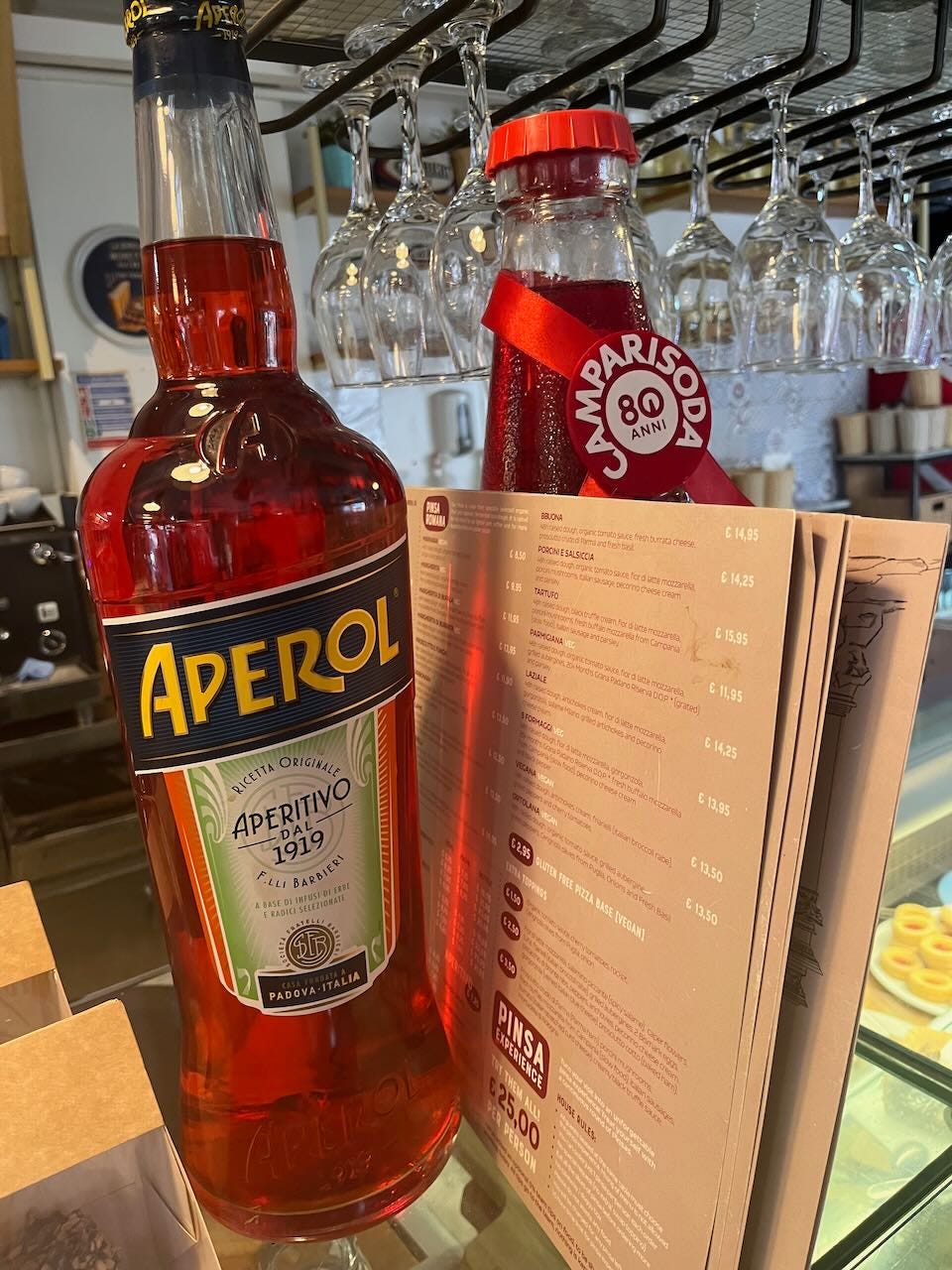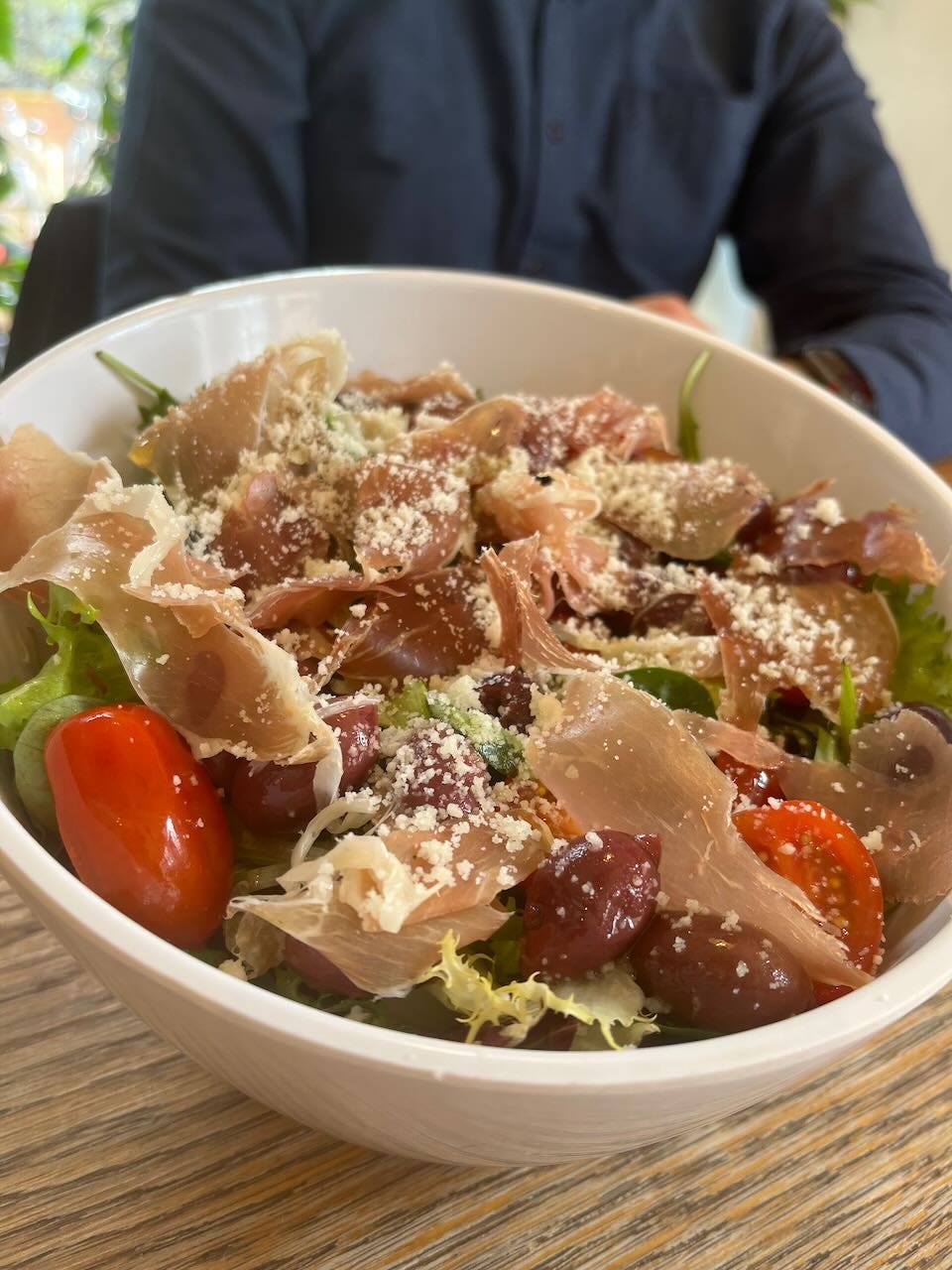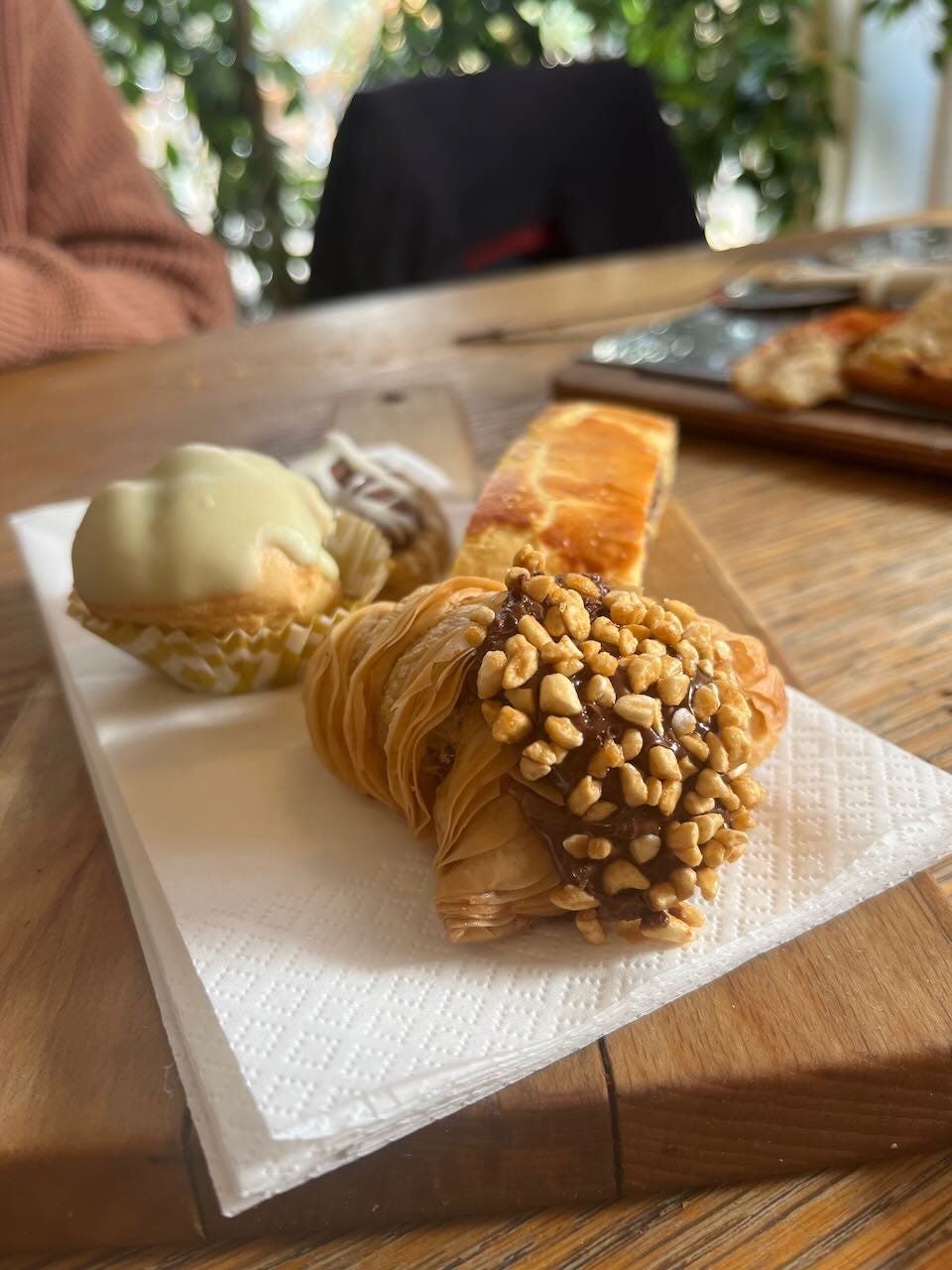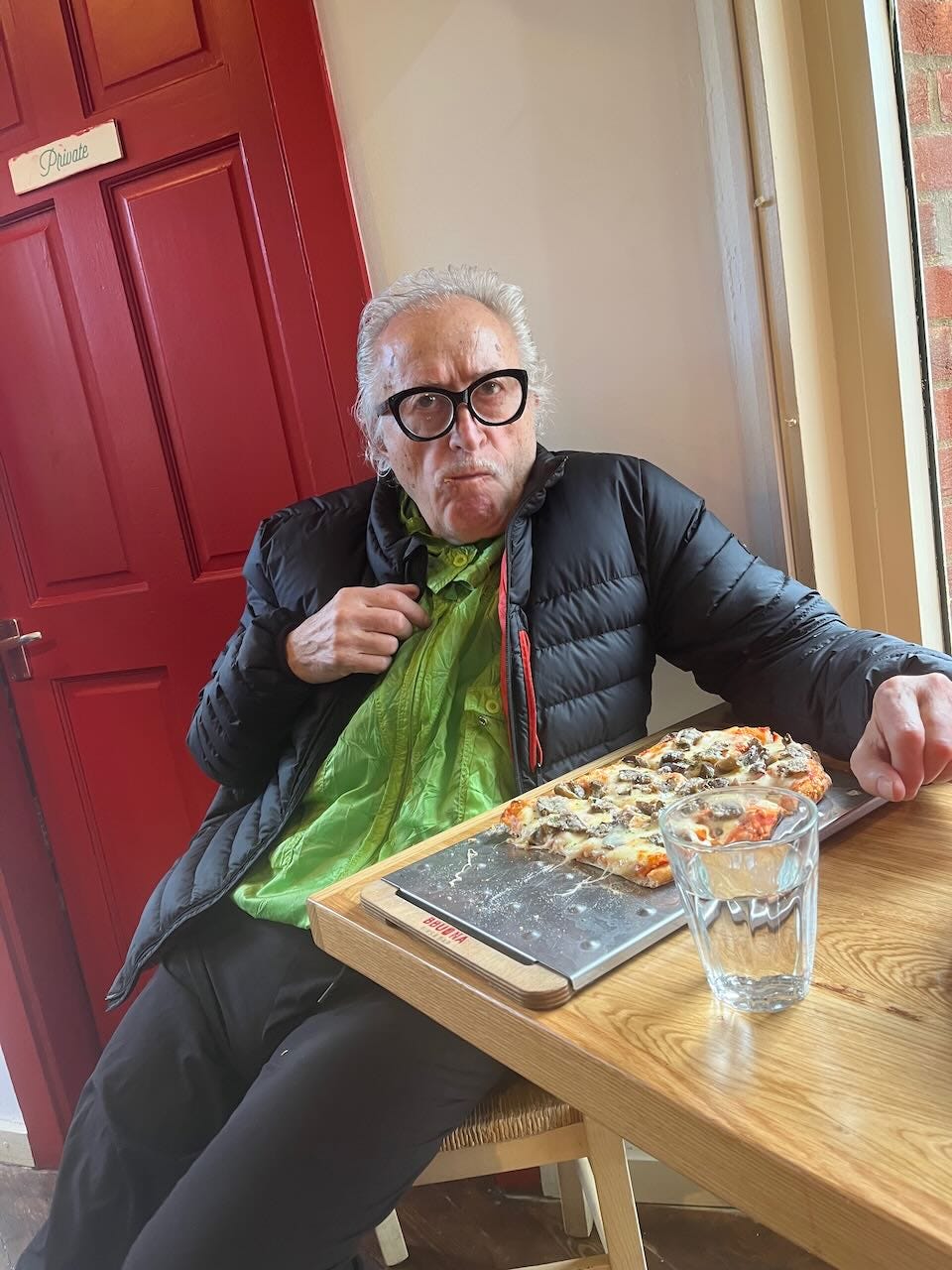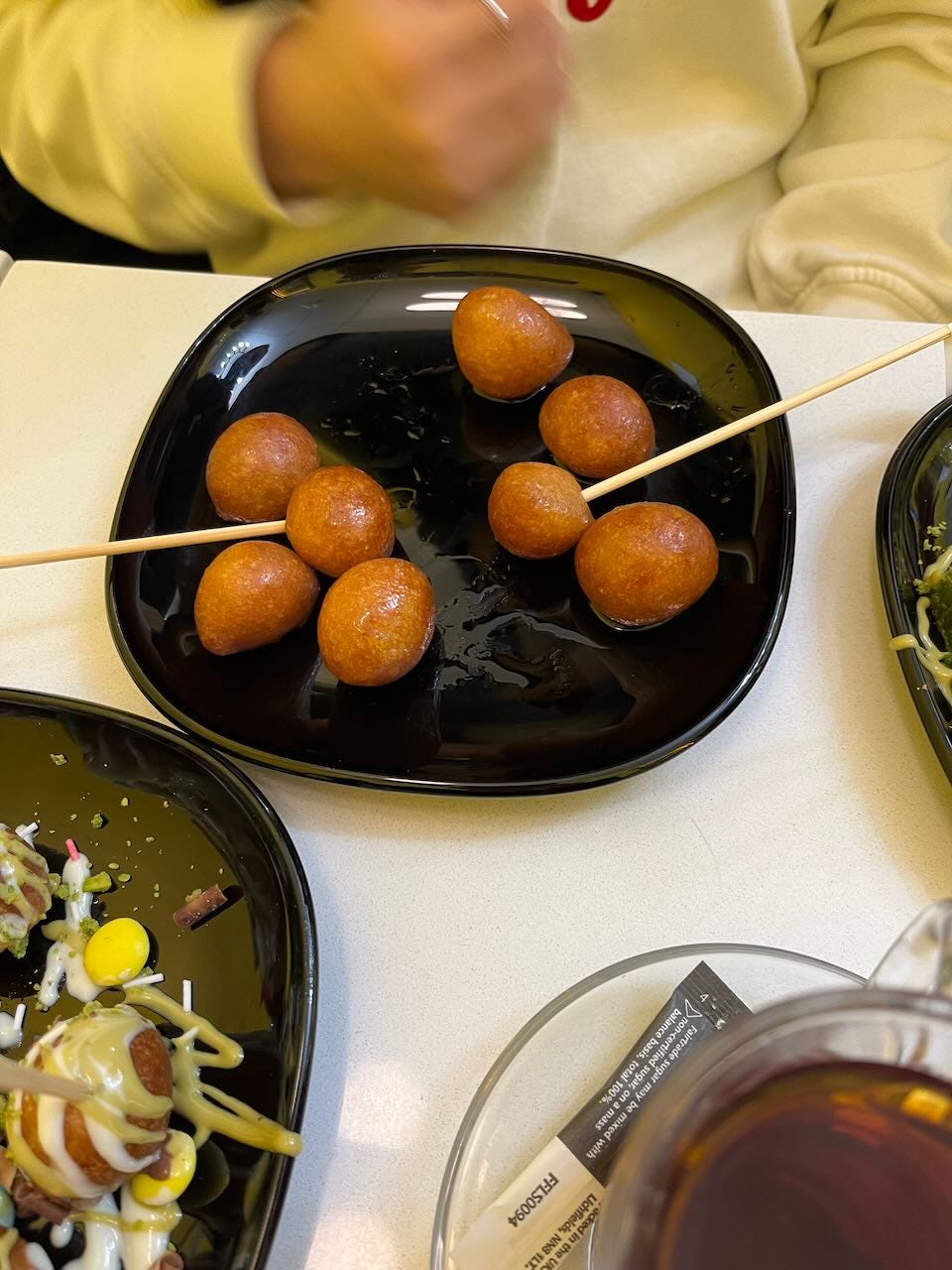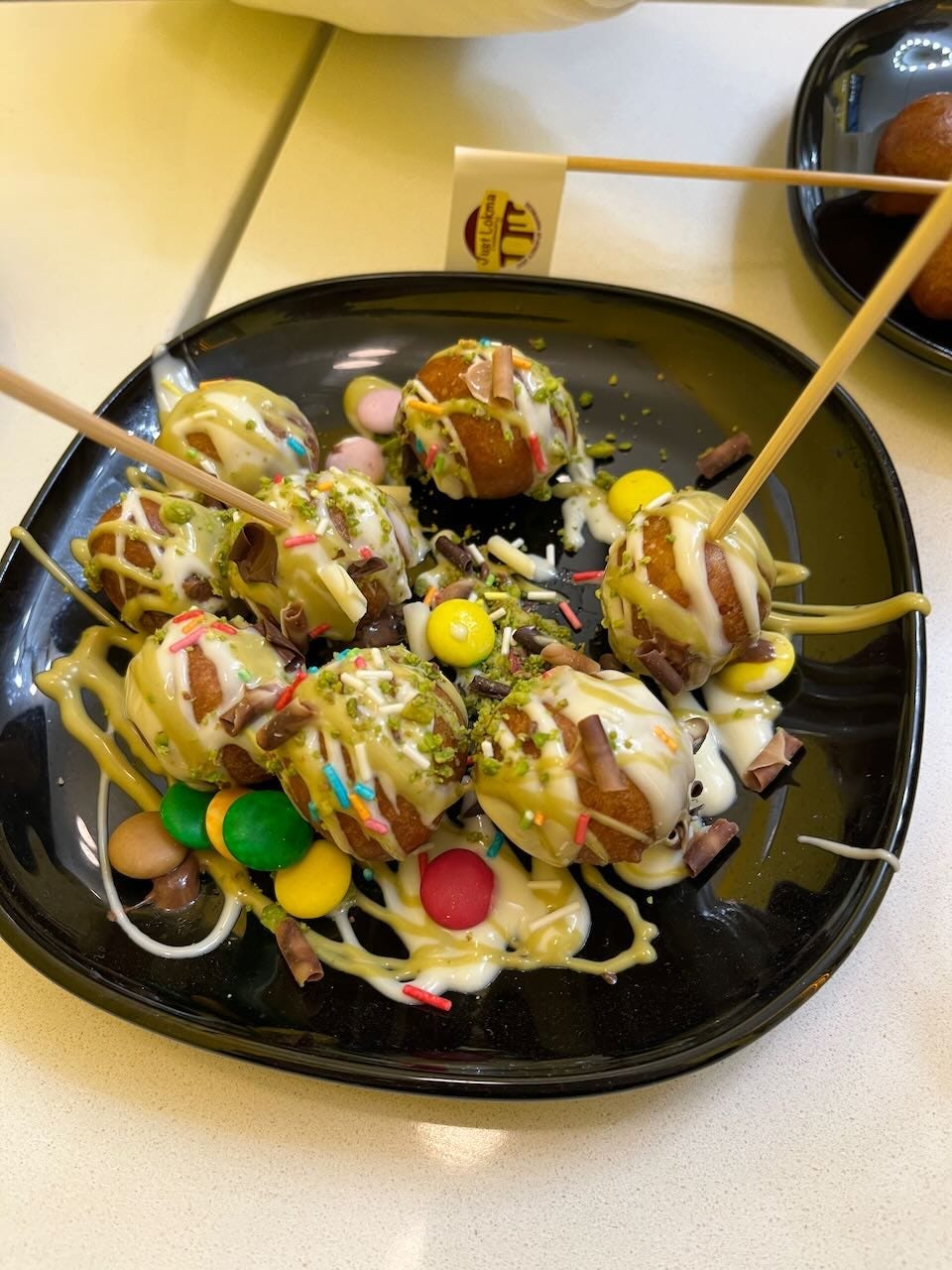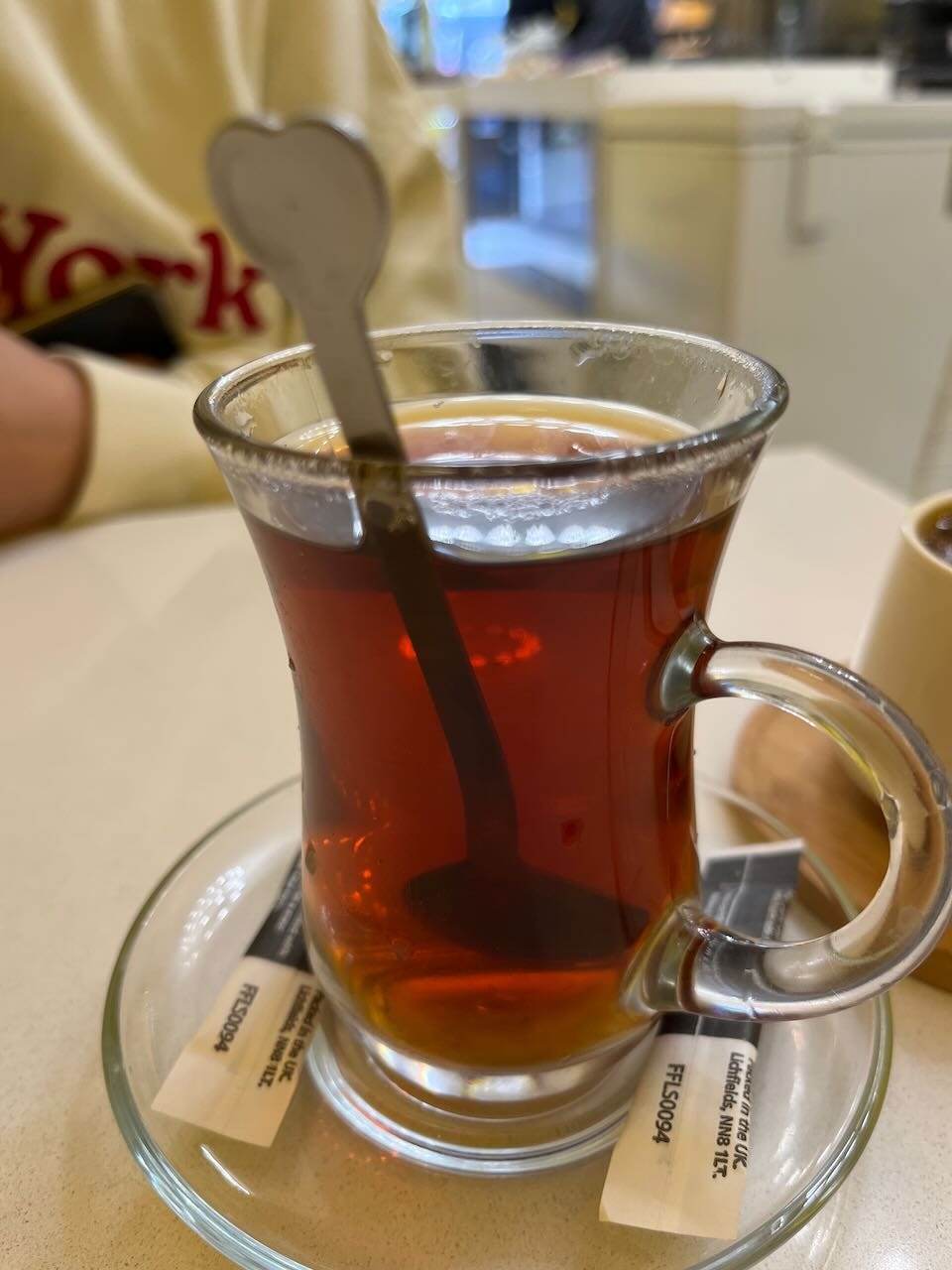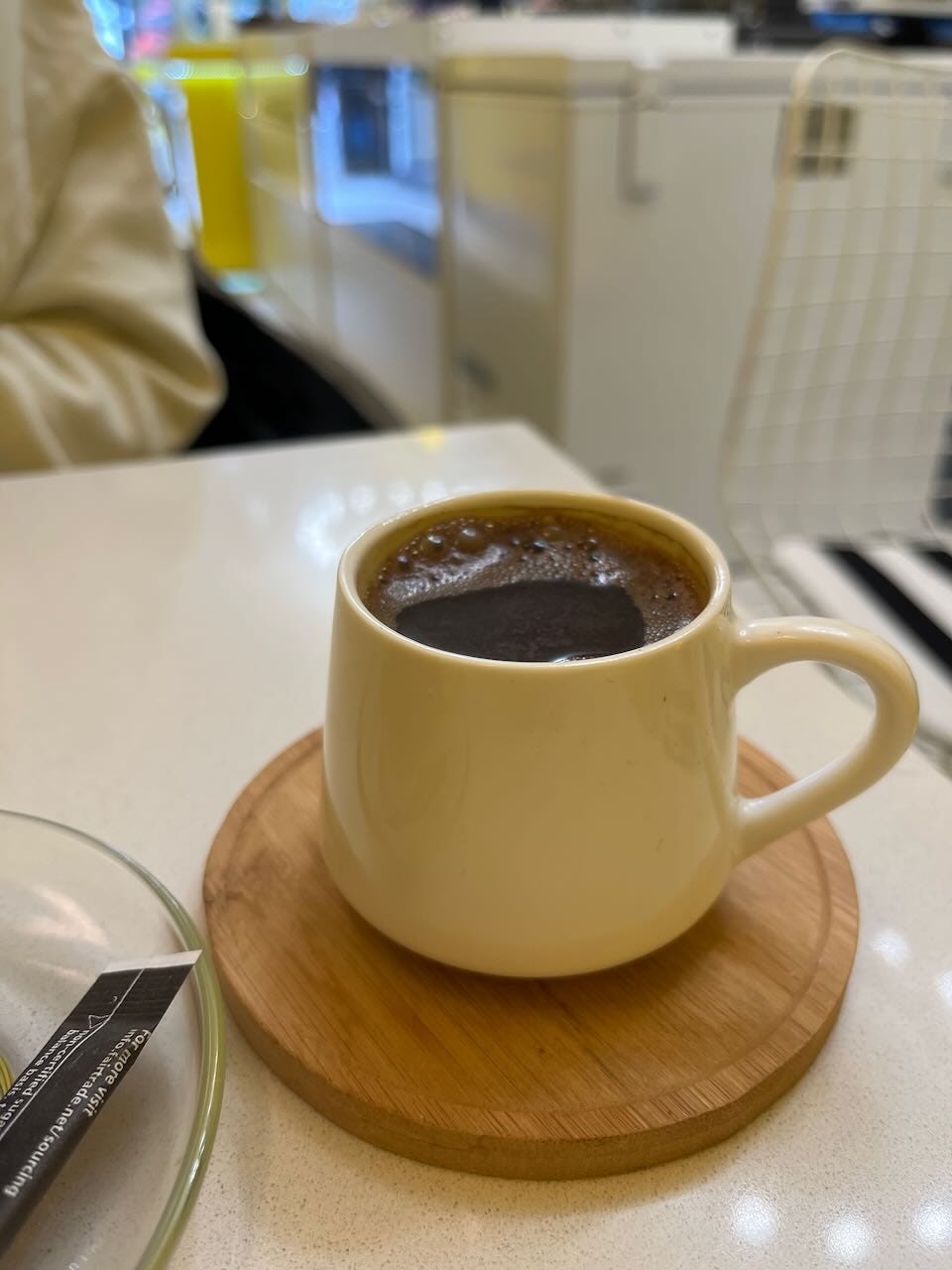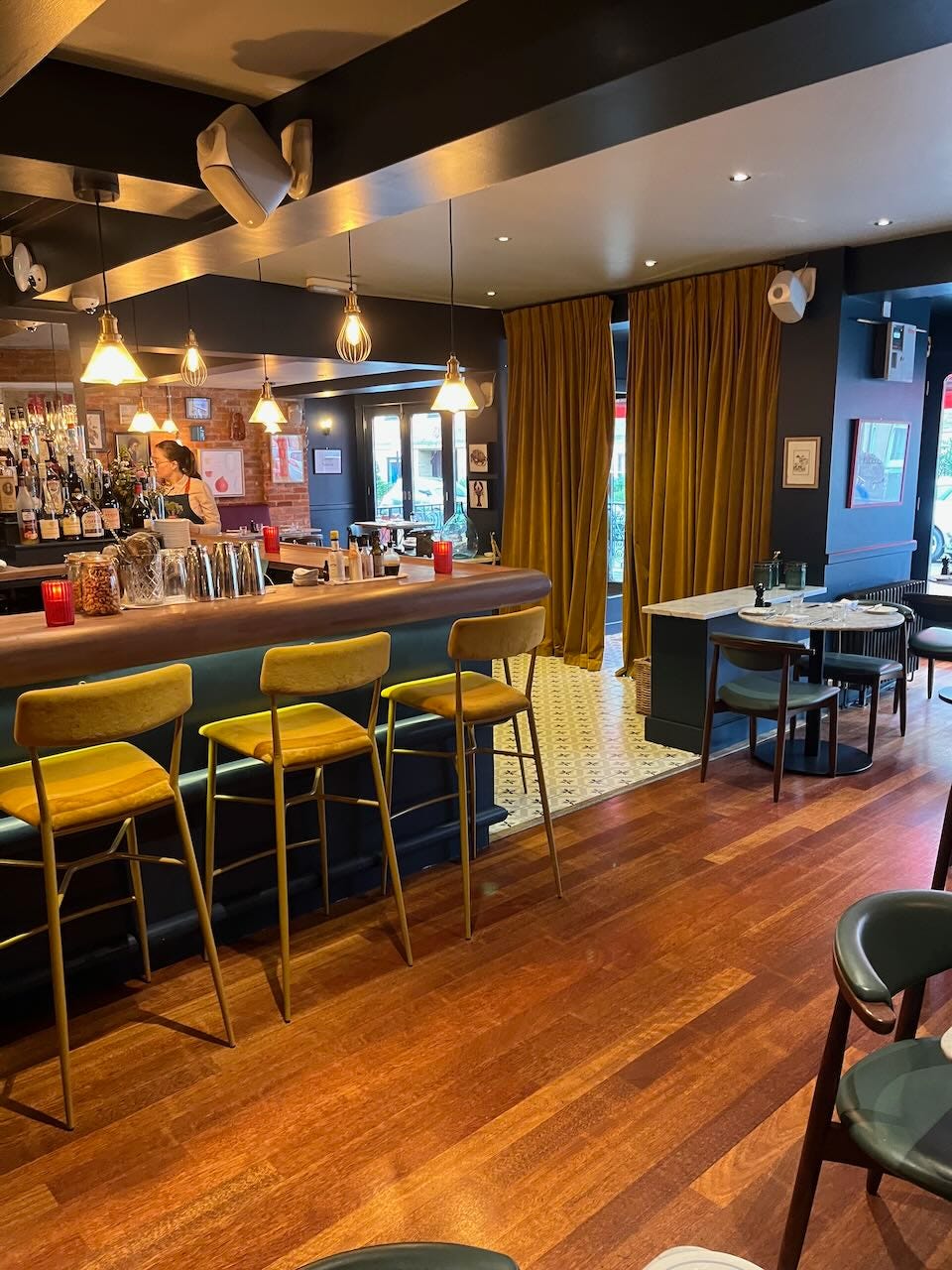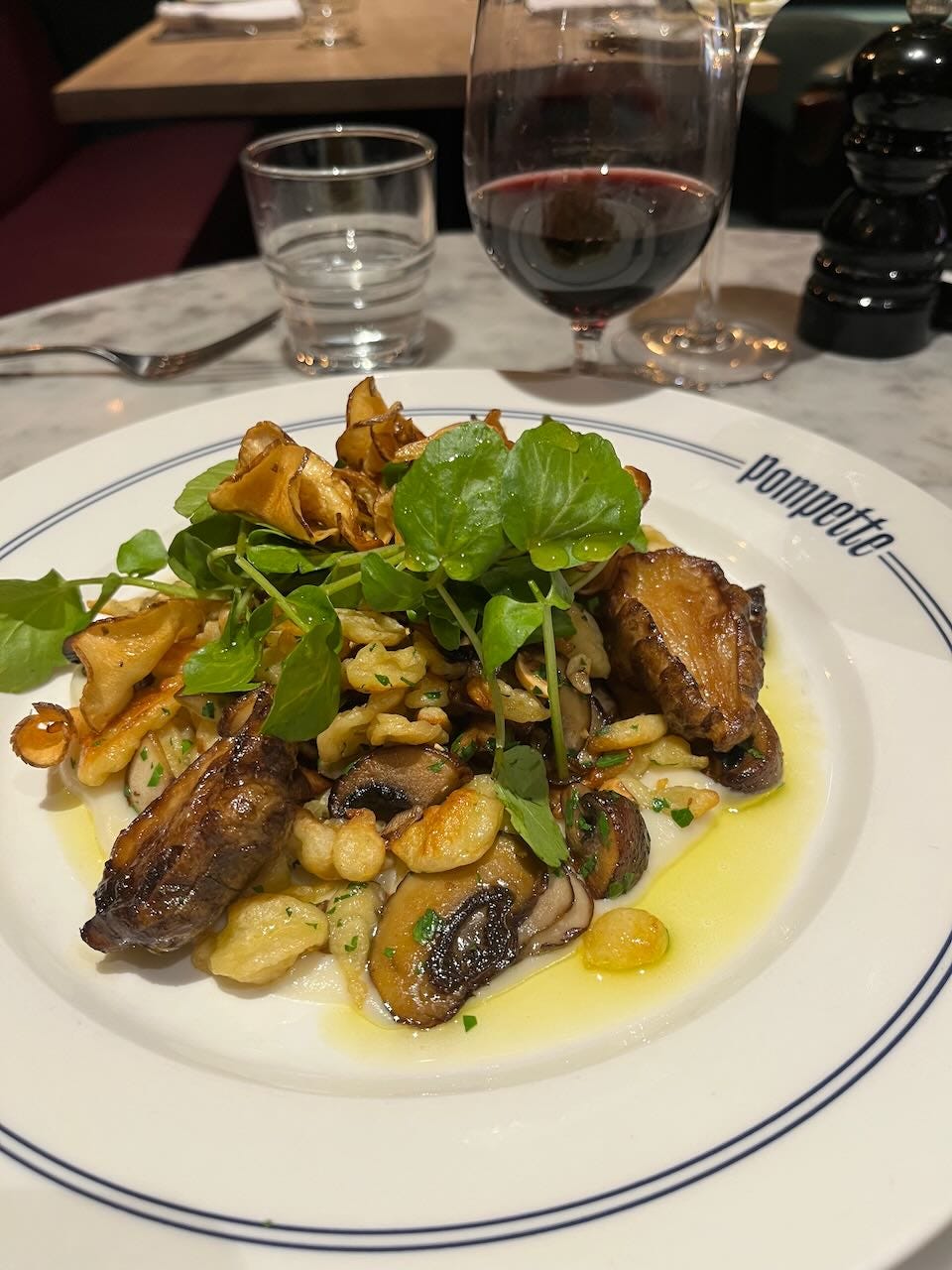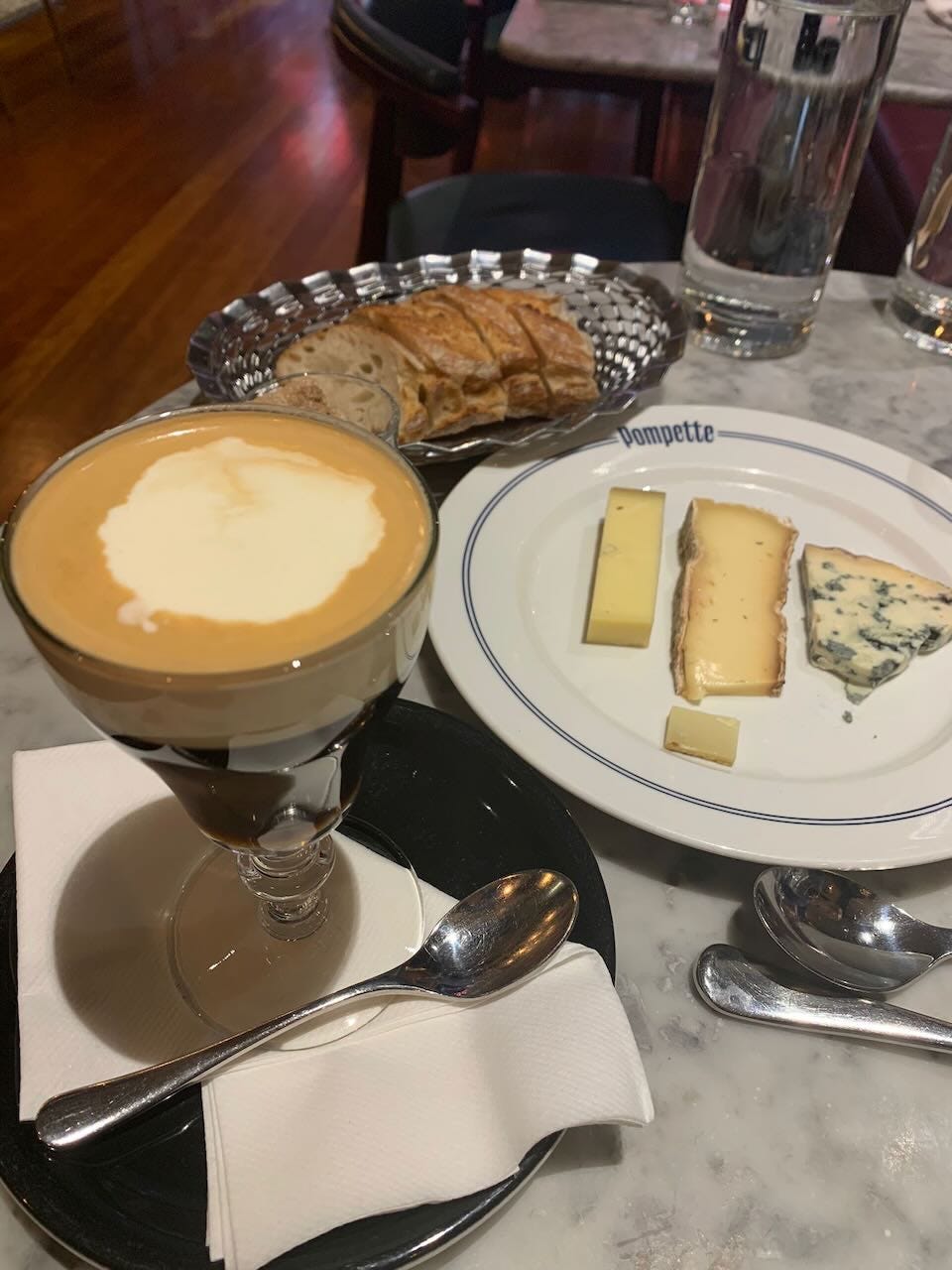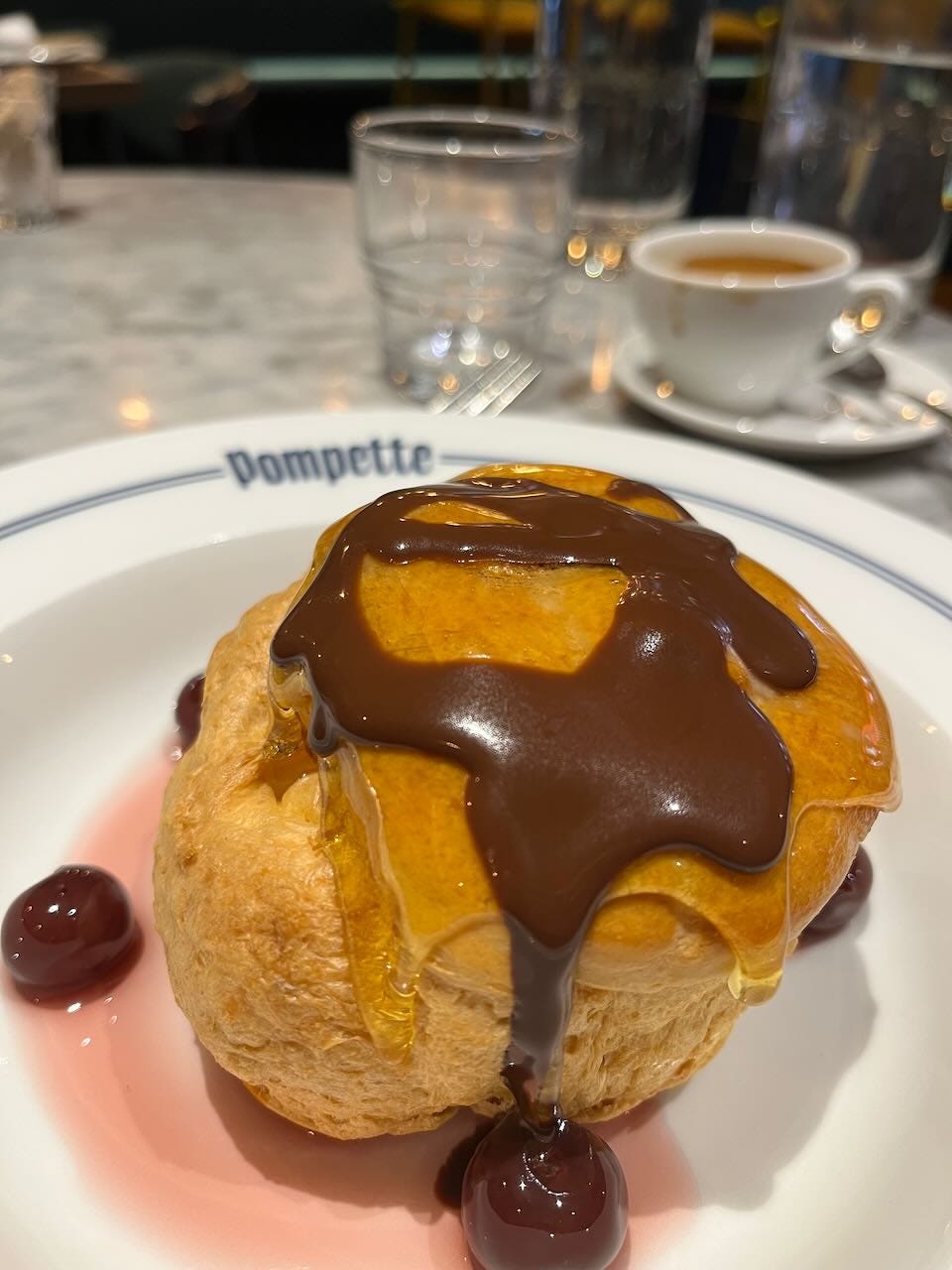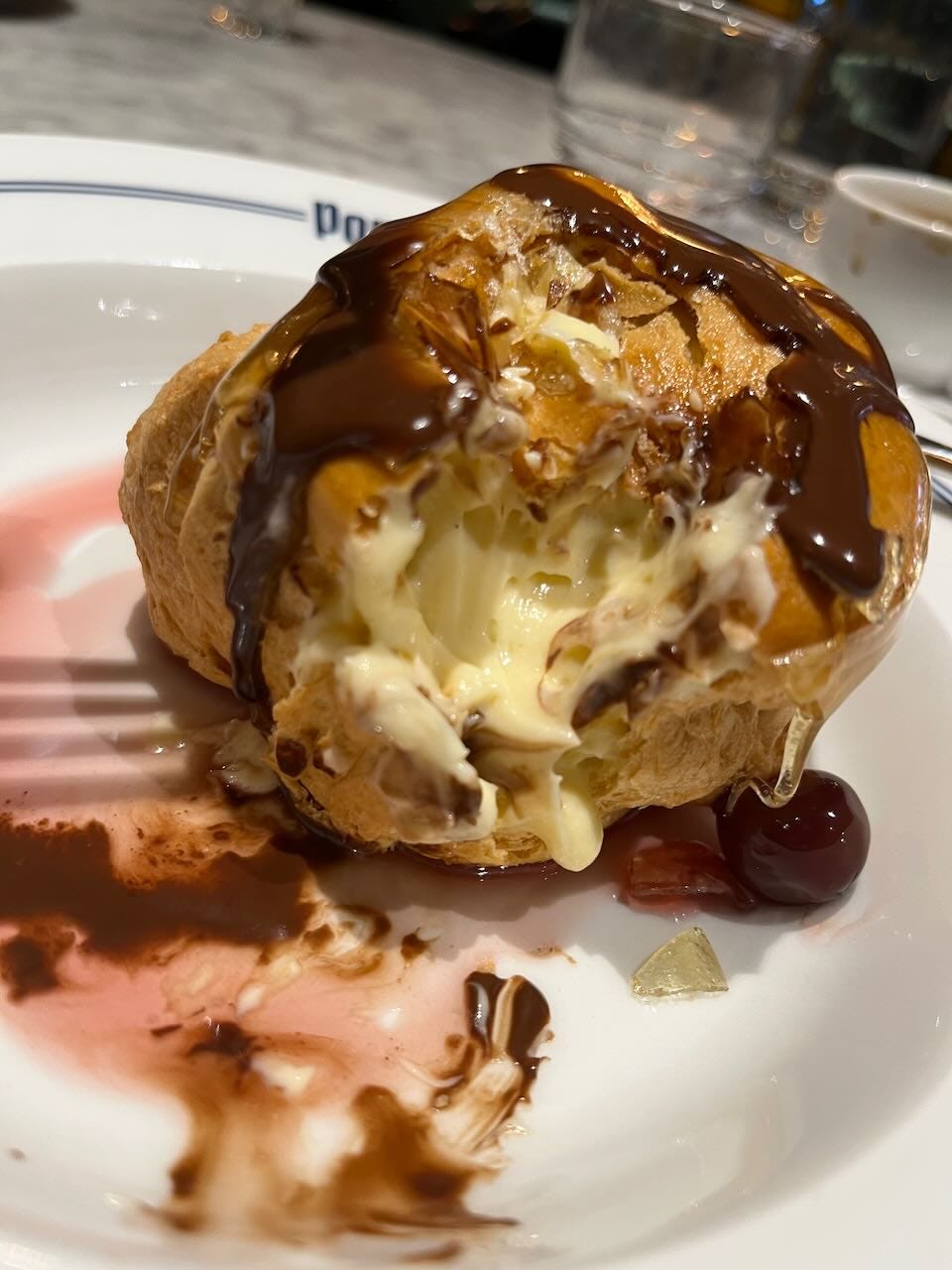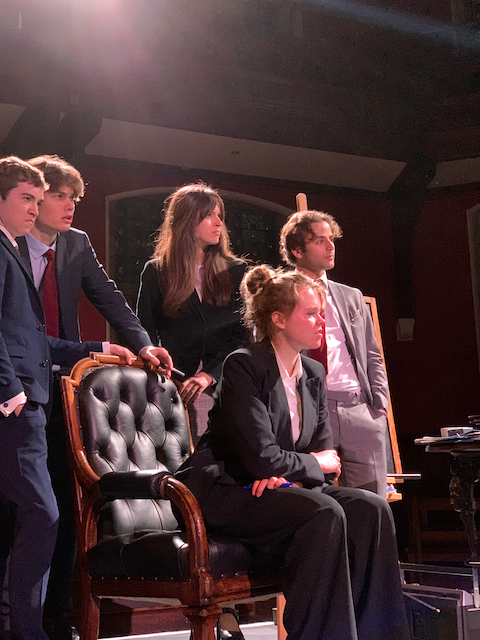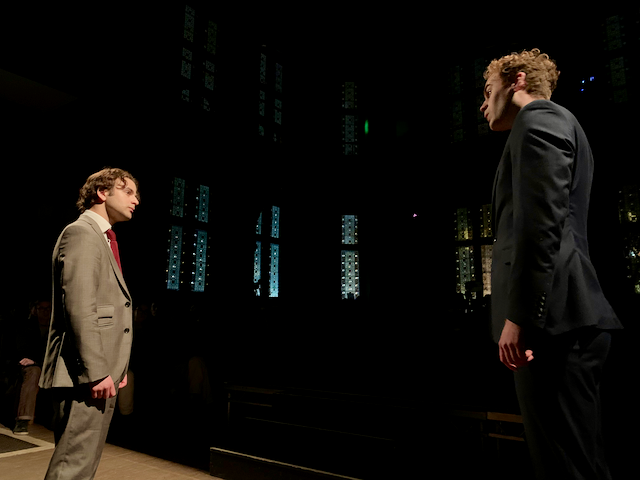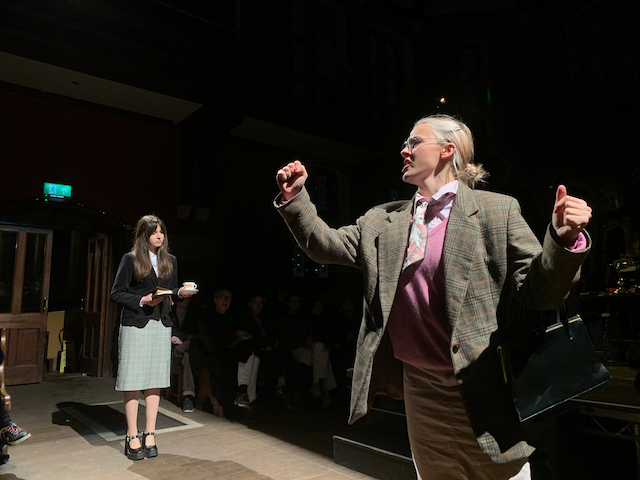When Chris and Rowena opened Romulo on High Street Kensington in 2016, London and the UK were largely unaware of what the country had to offer it. Now though, the pair have led a proliferation of restaurants at all price points across the capital and elsewhere. These days, Romulo has stretched the market and represents the fine-dining Filipino experience hard to find elsewhere.
The pair have made their careers in introducing foreign cuisine to new markets. Chris was responsible for bringing the likes of Krispy Kreme to Malaysia and after success in Manila, Romulo represented the first real entry of Filipino cuisine into the London market. Ever since it has made its name as the place where Filipinos from across the city come for their home cooking in the hands of the family.
After opening sister site Kasa and Kin in Soho (also very much worth a visit), Chris explains that he wanted to stretch the market at both ends. Kasa sits at a lower price point and offers fun and novel twists on Filipino classics. After that, Romulo underwent a refurb and pivoted to fine dining — here the focus is very much on traditional dishes done well.
New this year is their ‘Free Flowing Fridays’ promotion. Every Friday and for £38.50 each (without drinks), guests are able to sample as many of the 25 small plates on offer as they like. There are strict rules in place on exactly how you can operate and leftovers are not allowed but it is a great chance to try a hugely wide variety of the country’s signatures.
And so on to the food. In general terms, for me it was the vegetable dishes that stood out from the rest. I often find this to be the case with Asian cuisine and the same was true here. Sauces definitely dominate a lot of the meat dishes but it was a pleasure to be introduced to so many different types of cooking that I hadn’t encountered before.

All guests are offered a pandesal bread roll when they are seated and the light, airy Filipino classic is worth holding on to the soak up the various weird and wonderful sauces to follow.
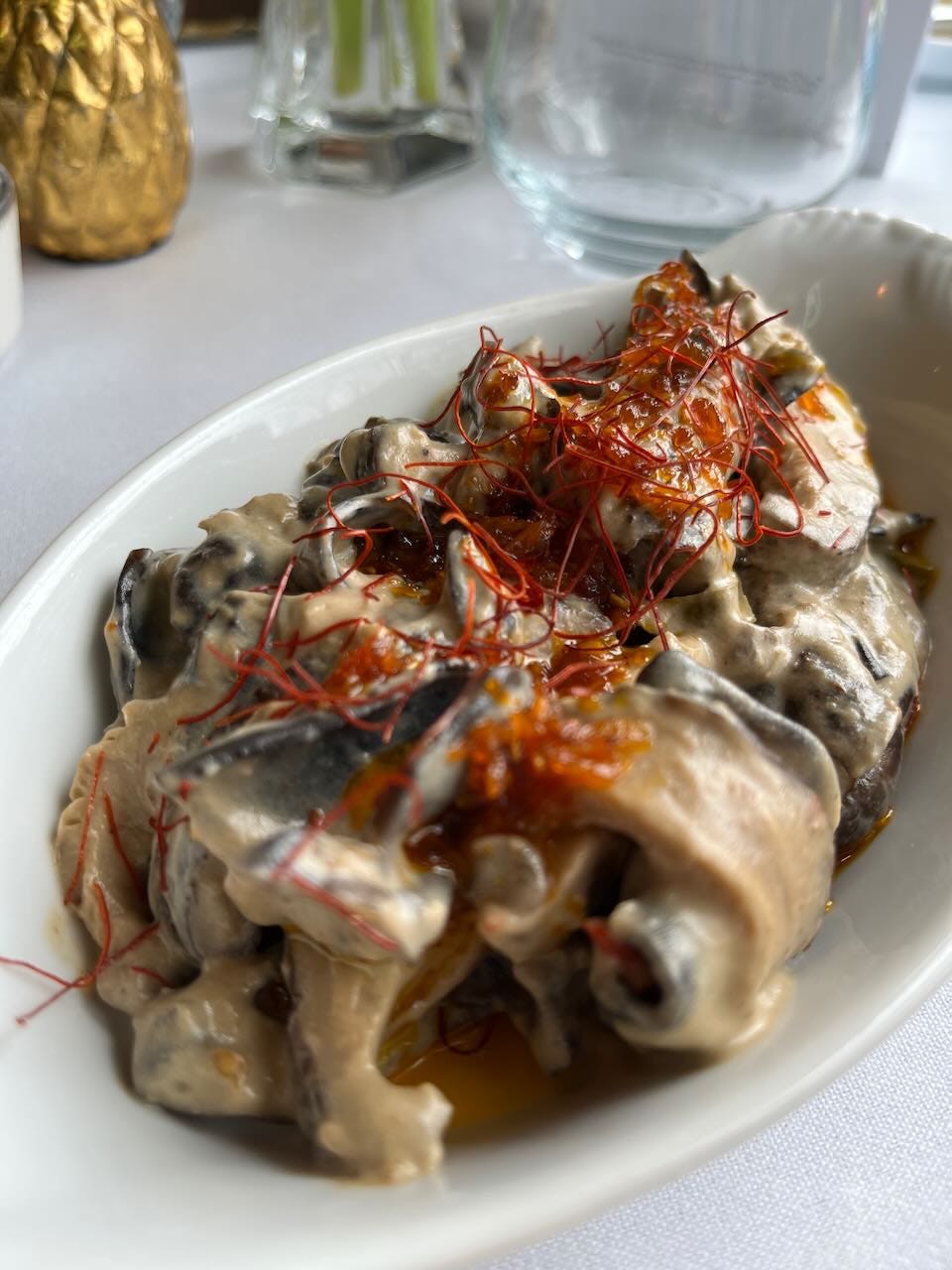

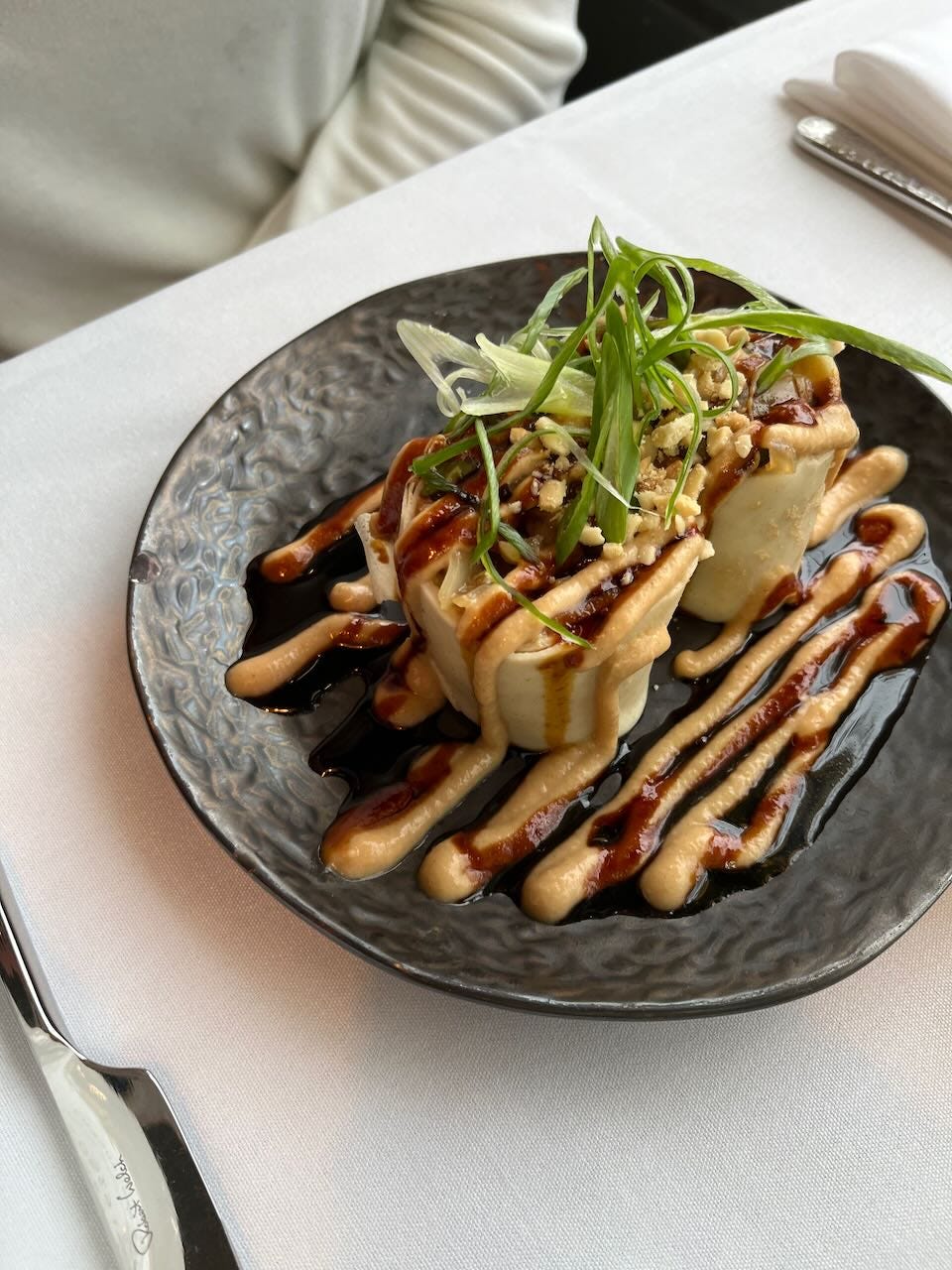
From those vegetables, we tried a shiitake mushroom dish first. Cooked in a rich coconut milk, the mushrooms still maintain a meatiness and the chilli on top is a good attempt to counter the sweet creaminess. It perhaps could’ve done with more but if the attempt is to introduce new consumers to Filipino food then caution is understandable. The aubergine salad came next and is made up of chopped vegetables and a half aubergine served atop an aubergine puree. The salsa is made up of mango and tomato and the puree is a great contrast in textures with the substantial slice of grilled whole vegetable. Then were the lumpia — these were a kind of spring roll-esque dish but without the crispiness of a puff pastry. The vegetables within were absolutely superb and paired perfectly with a peanut crush, drizzle and spring onions.
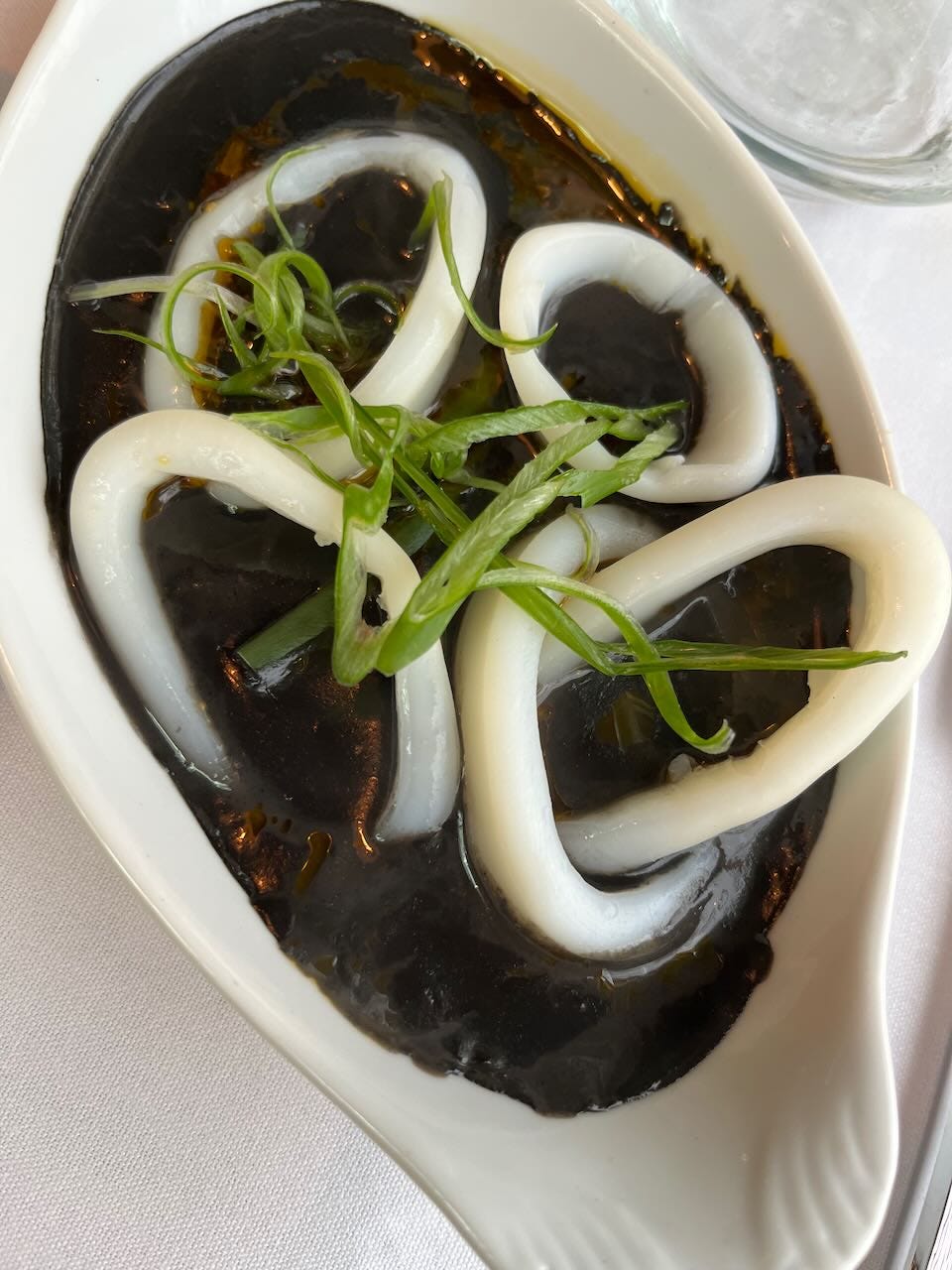

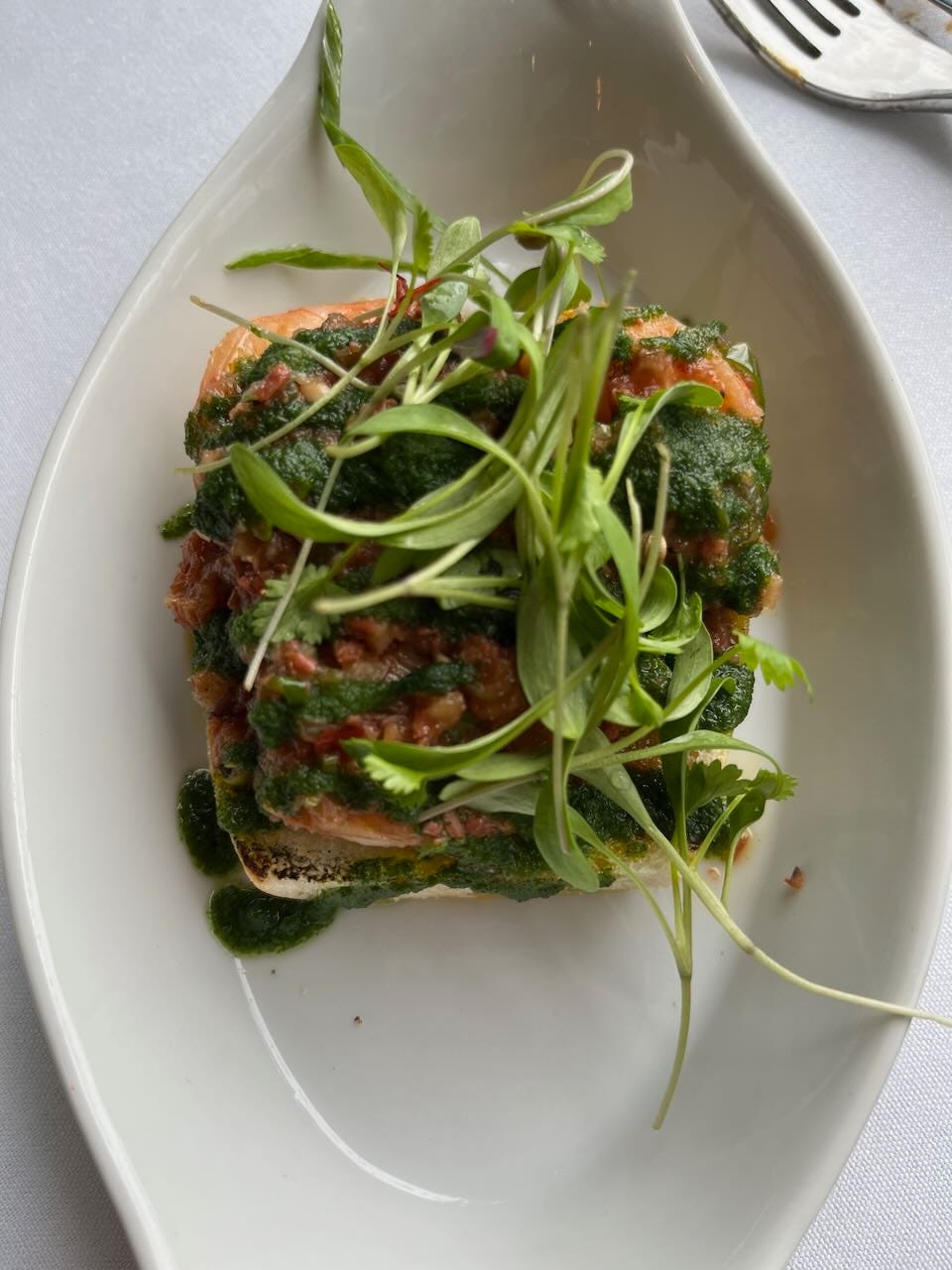

The squid adobo was the first fish dish I tried and I was left firmly in two minds. On the one hand, the adobo sauce was delicious and I found myself drizzling it over my side of rice and noodles afterwards, such was its flavour. The squid though became completely lost in it and any flavour that it did have on its own was impossible to pick out. Unfortunately, this would become a bit of a theme with some of the future dishes. The gambas al ajilo were both full of garlic and carried a touch of chilli, just as they should, but differed from the squid in the sense that the flavour of the prawns was still easily distinguishable. Siomai reminded me of dumplings but again the pork and prawn within them were lost within the toyomansi and chilli oil.
Vegetable noodles were definitely my pick of the sides. Mixed with various vegetables they have much more of a distinctive flavour than the other choices of garlic stir-fried rice or jasmine rice.

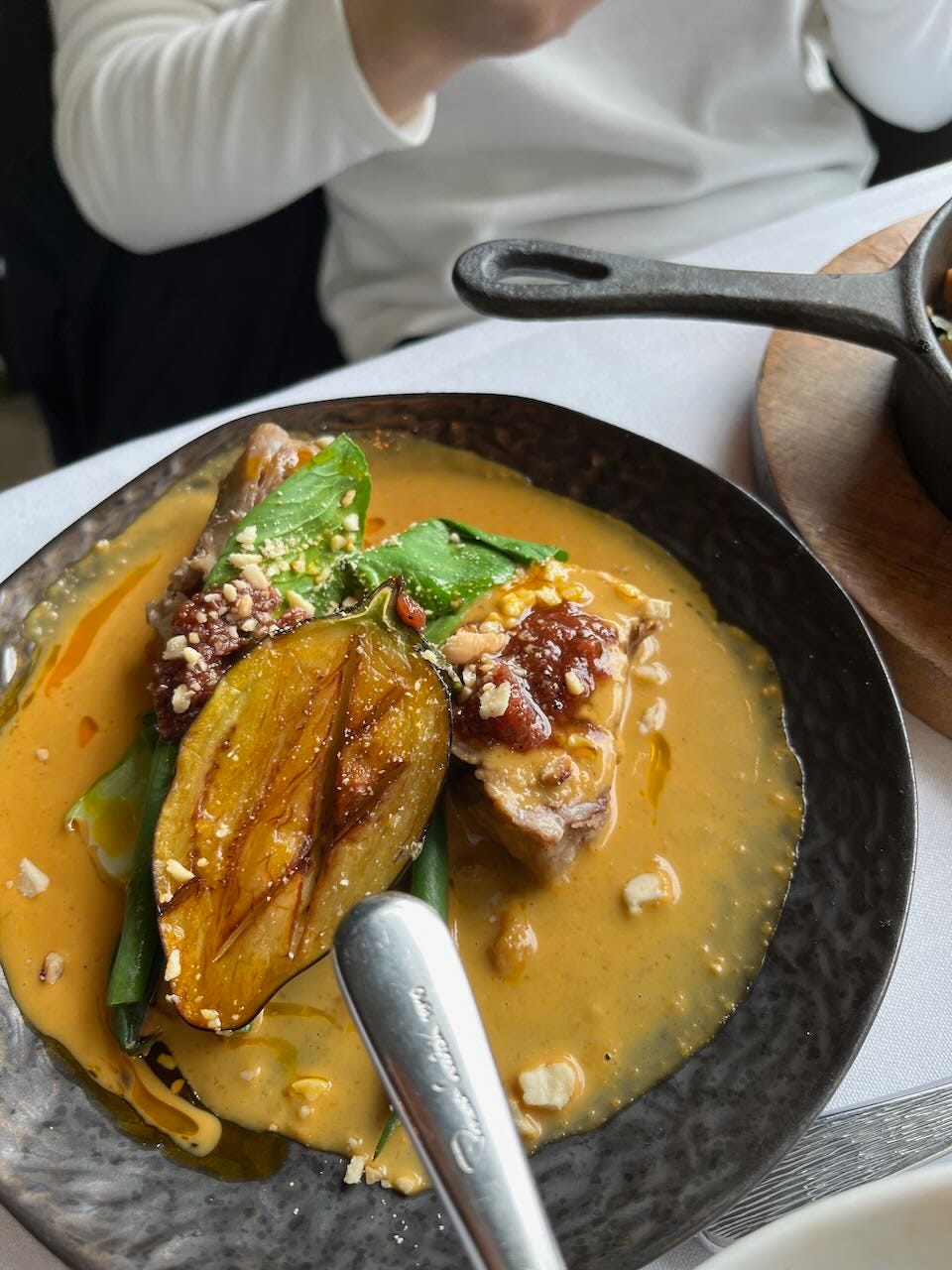
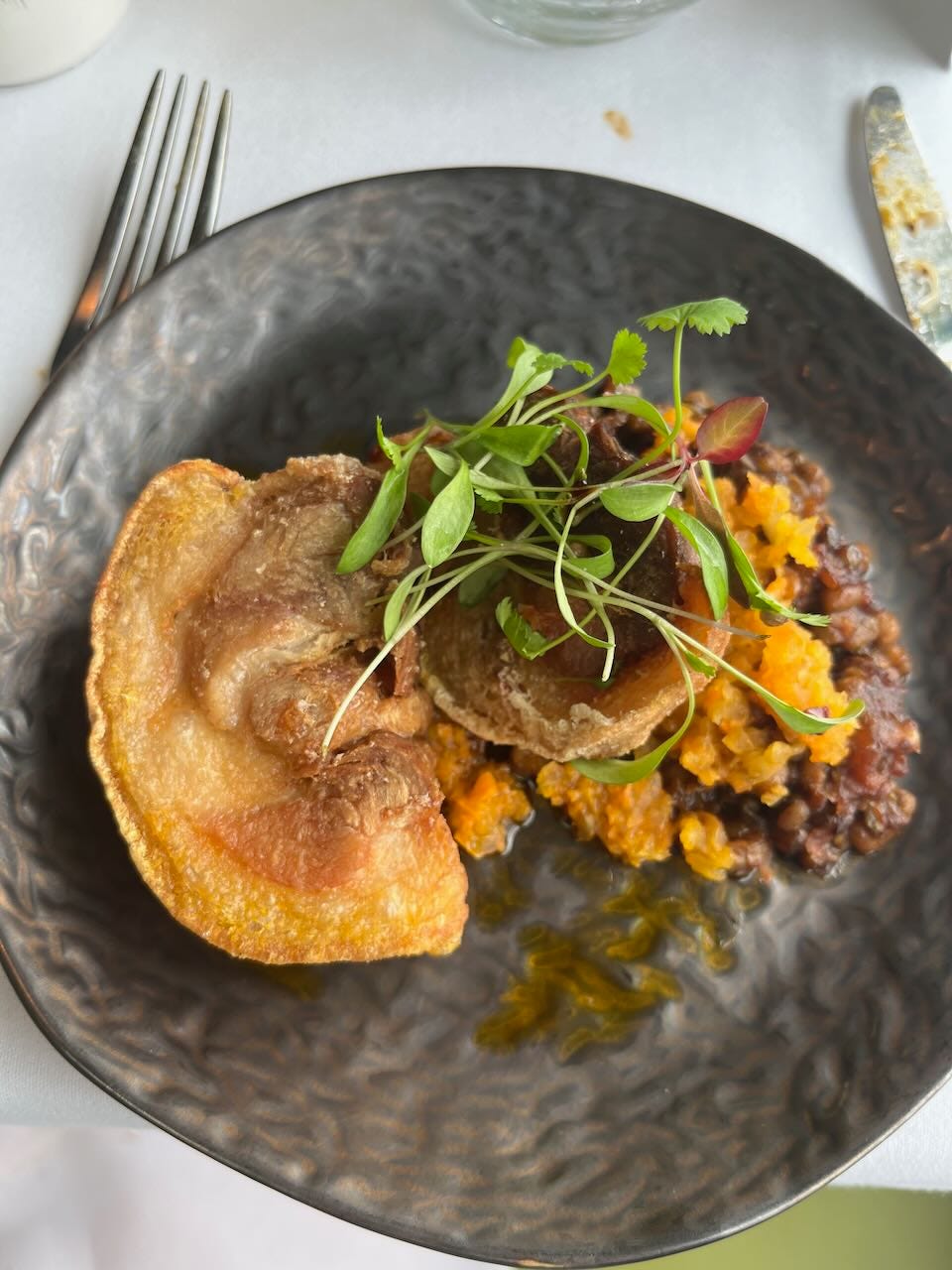

Sizzling chicken Sisig Insaal is the showstopper dish on offer from the selection and arrives, as one might imagine, in quite the noisy eruption. The meat itself is finely chopped and slightly overcooked for my liking but again the creamy sauce and mix of chopped red onions were delightful. Beef brisket was by far and away my favourite meat option and fell apart just as you would hope from the cut. Its kare kare peanut sauce paired superbly, as did the beans and aubergine, with the meat strong enough in flavour to shine through. The hock was somewhat disappointing for me and was far too fatty and crispy to get any kind of flavour from the meat itself. The broth was superb and as well as beef contained cabbage, sweetcorn, potatoes, and other vegetables.
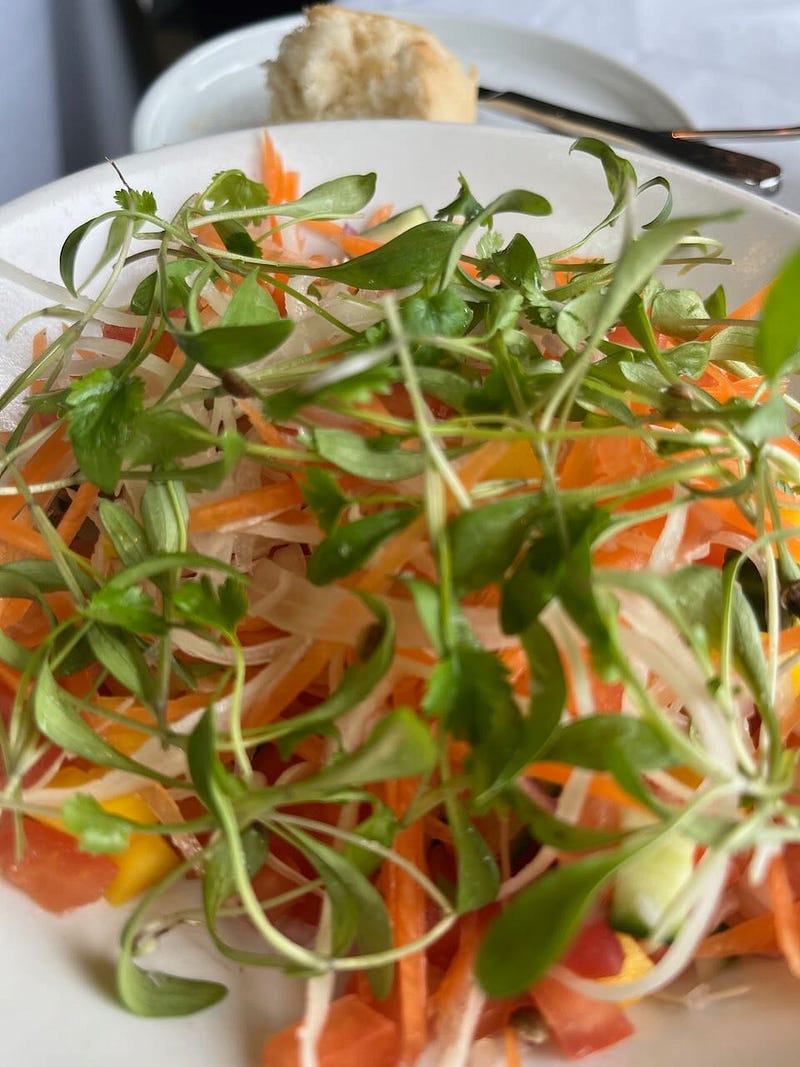

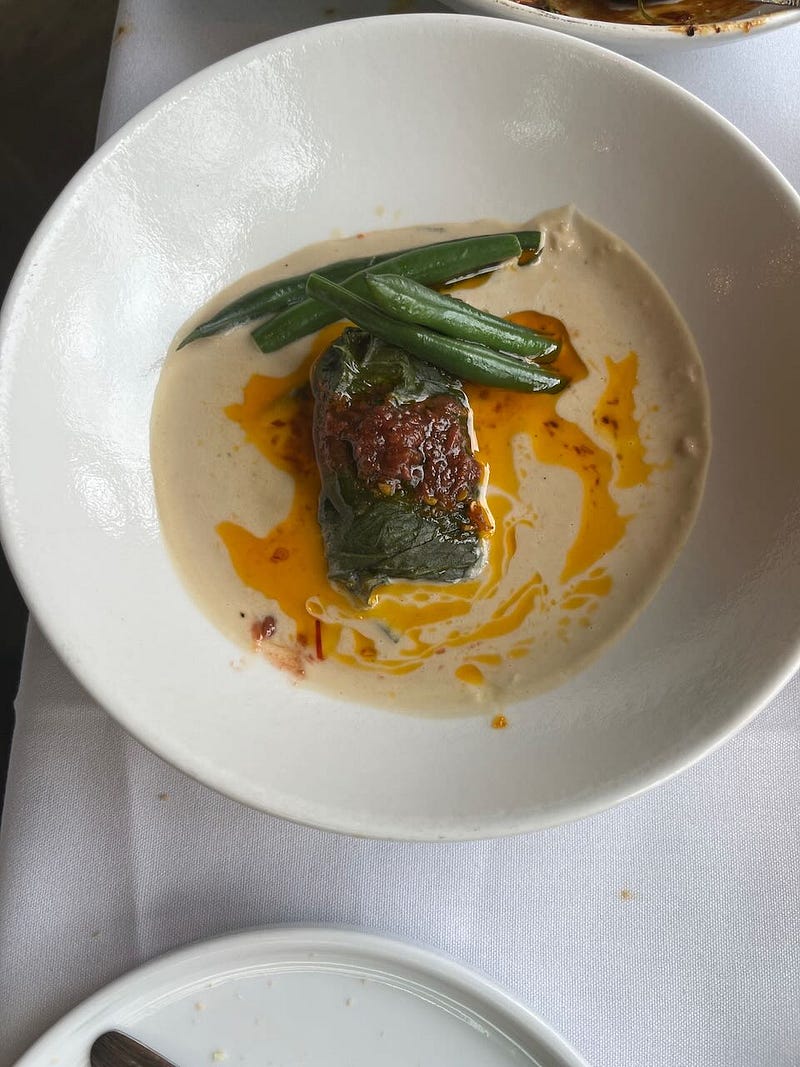
Lechon beef is again too tough for my liking but the gravy and caramelised carrots make this the most hearty of all the options. Seabream is wrapped in a vegetable skin and, like the squid, is disappointingly hard to pick out from its sauce. The fresh chopped salad with tomato, cucumber, and mango salsa brings refreshing fresh touches to any of the mains.


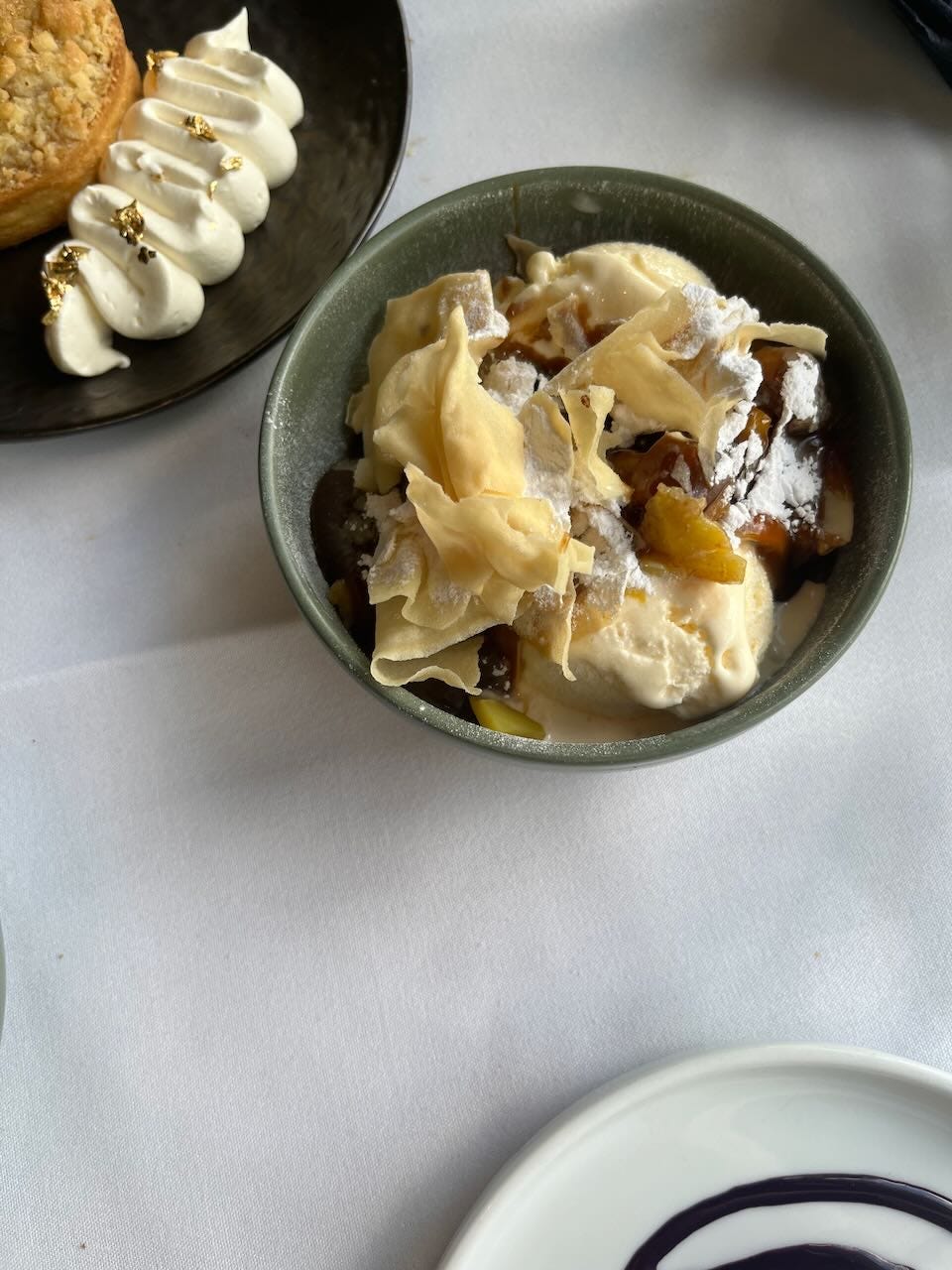
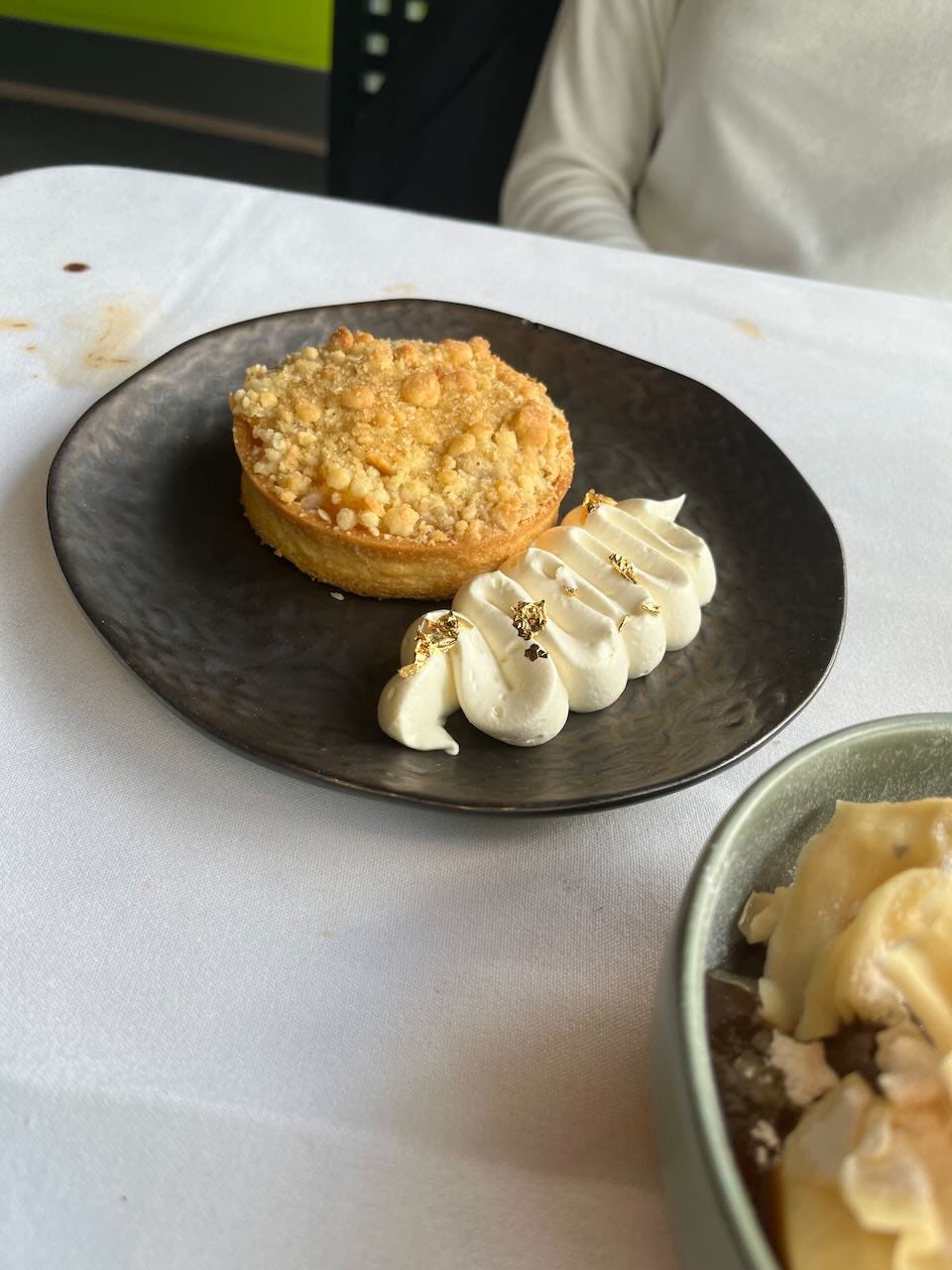
Desserts are more than worth leaving room for. The ube cheesecake is superbly light with a crunchy and substantial biscuit base. Its ube flavours work perfectly with the cheesecake in a way I never would have expected. The lemongrass jelly also has strips of lychee and tapioca pearls and to me represented a kind of greatest-hits of Filipino sweet flavours. The texture is odd and slightly sickly for me but I expect that is a matter of personal preference. Ice cream is a pleasing surprise — it is swimming in a banana puree and a crispy pastry top that all to pair together for an unbelievably sweet contrast to the smooth vanilla of the scoop itself. And finally the mango peach pie. The crust is thick — too thick for me — but the crumbled top and fruit within shine through once you cross that barrier.
All in all, Romulo brings an entirely unique prospect to the table. As a result of its pioneering entry into the market in 2017 there are other Filipino options in London and other parts of the country. Nowhere else though can you find authentic fine dining like you can here.





